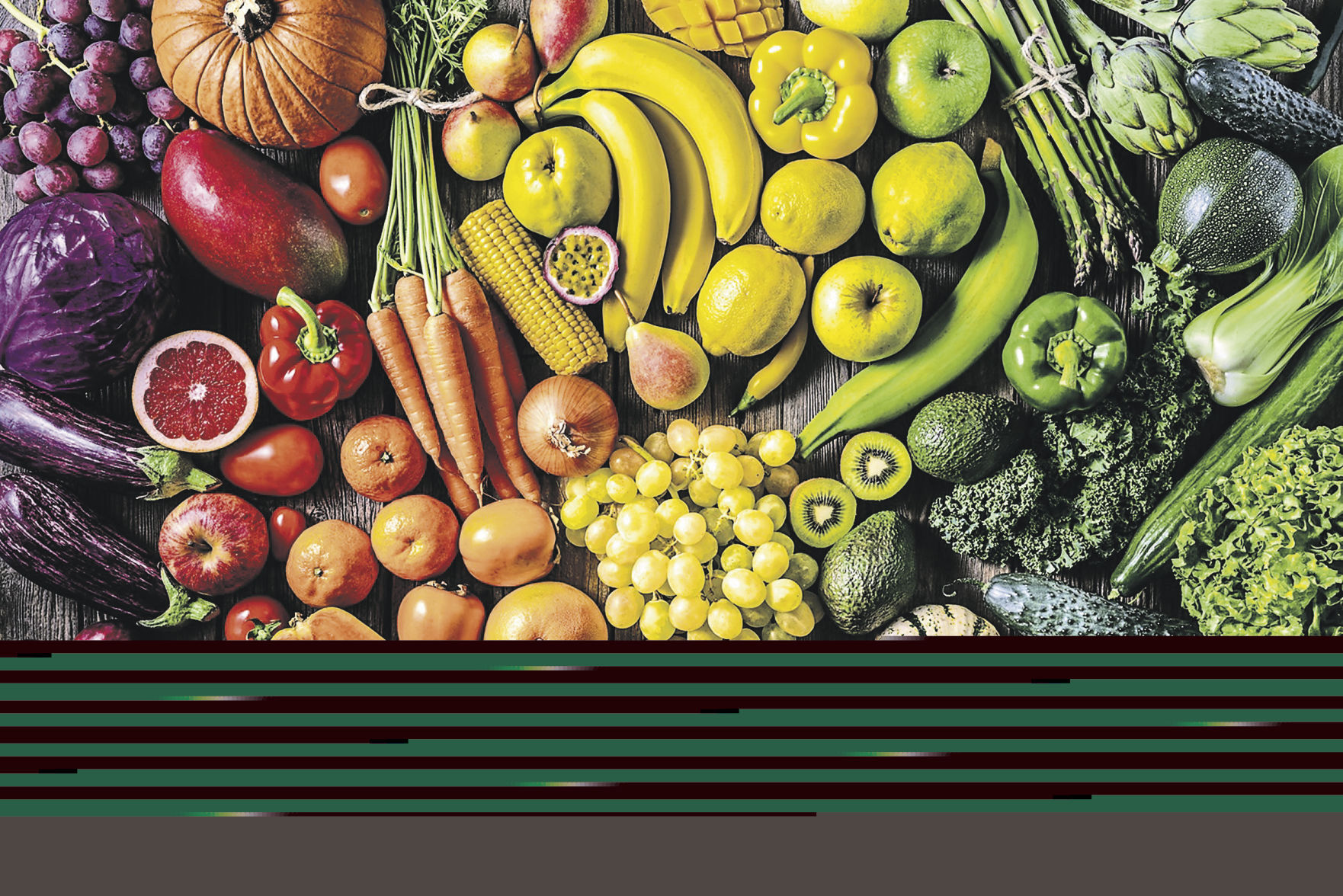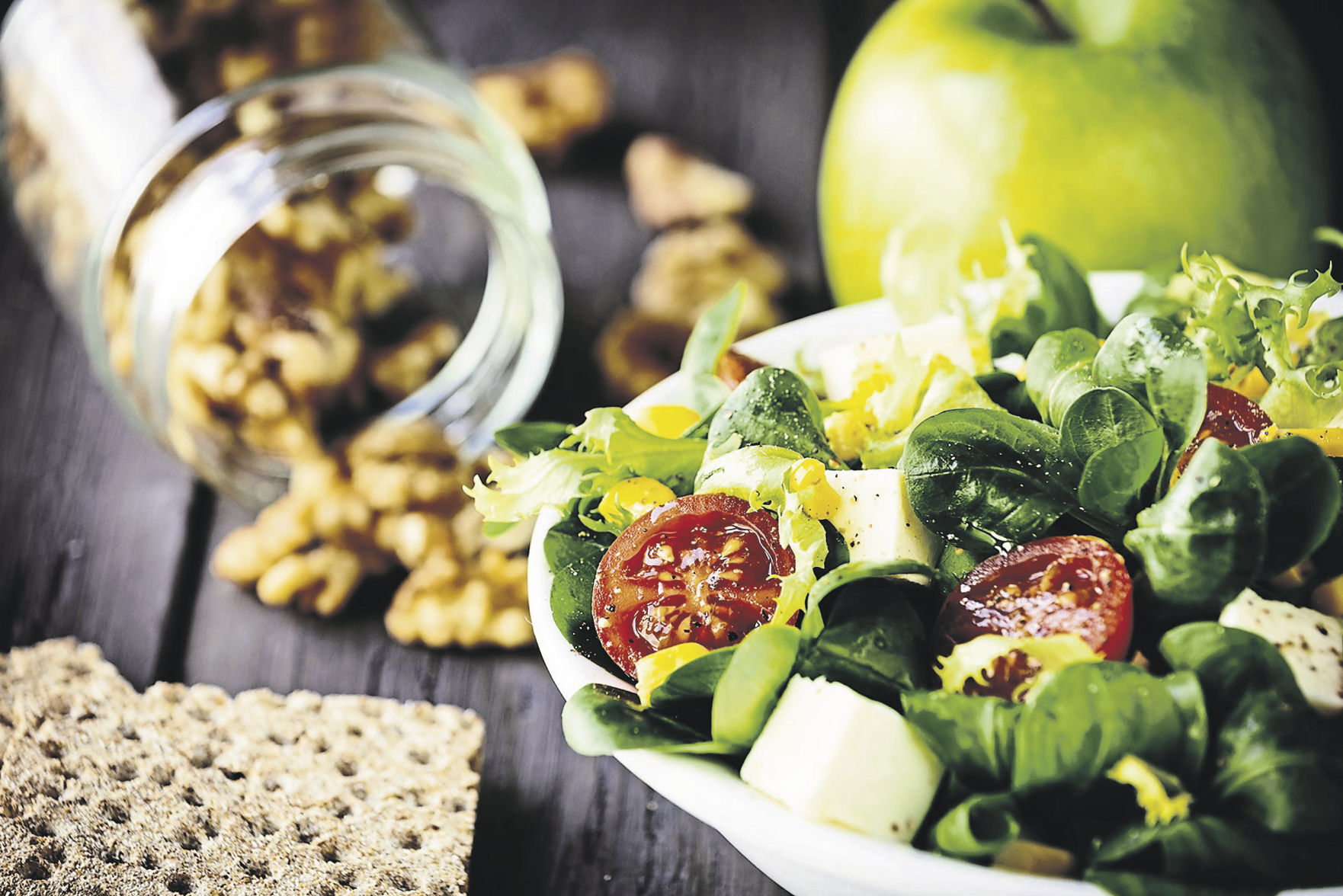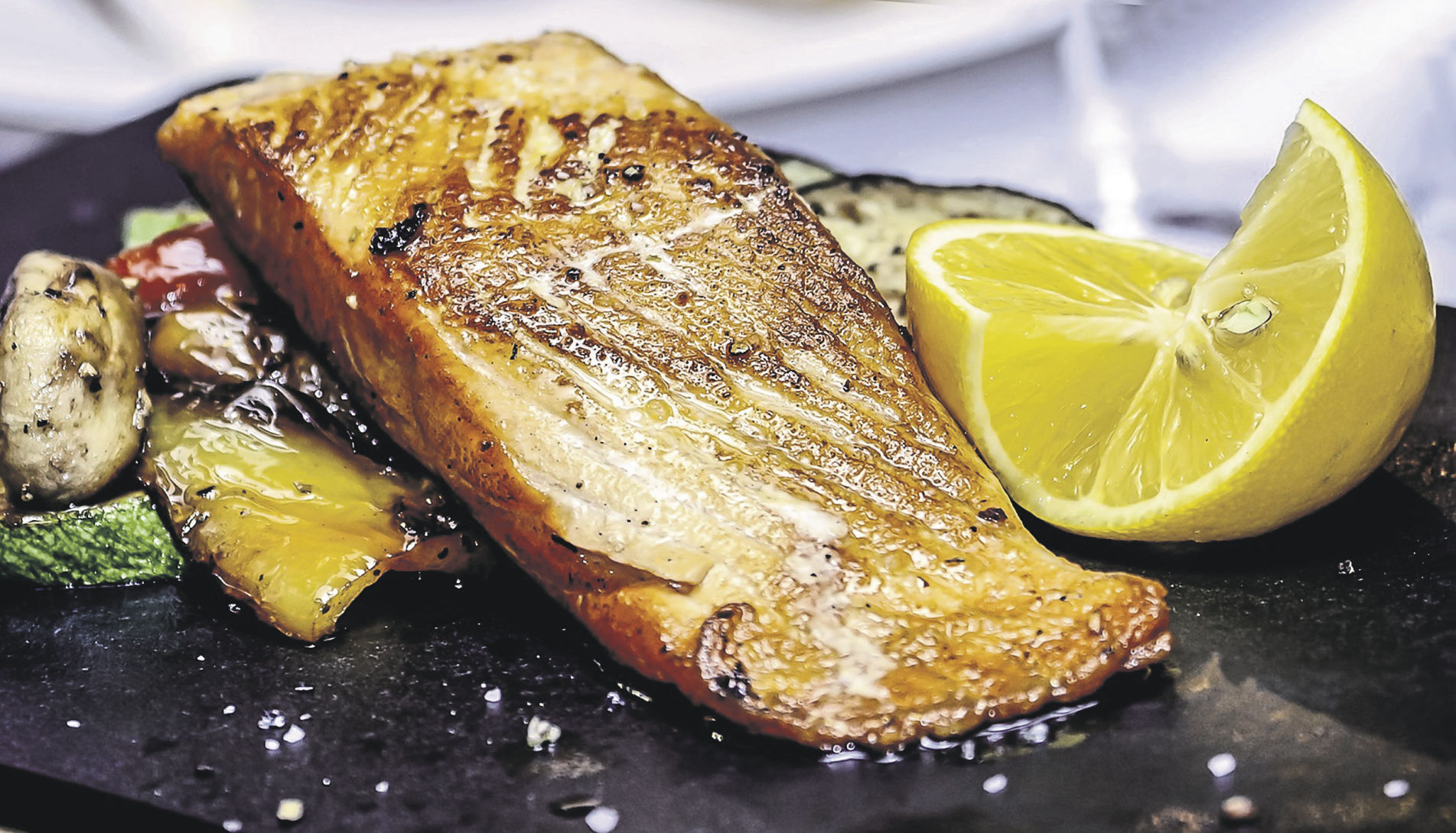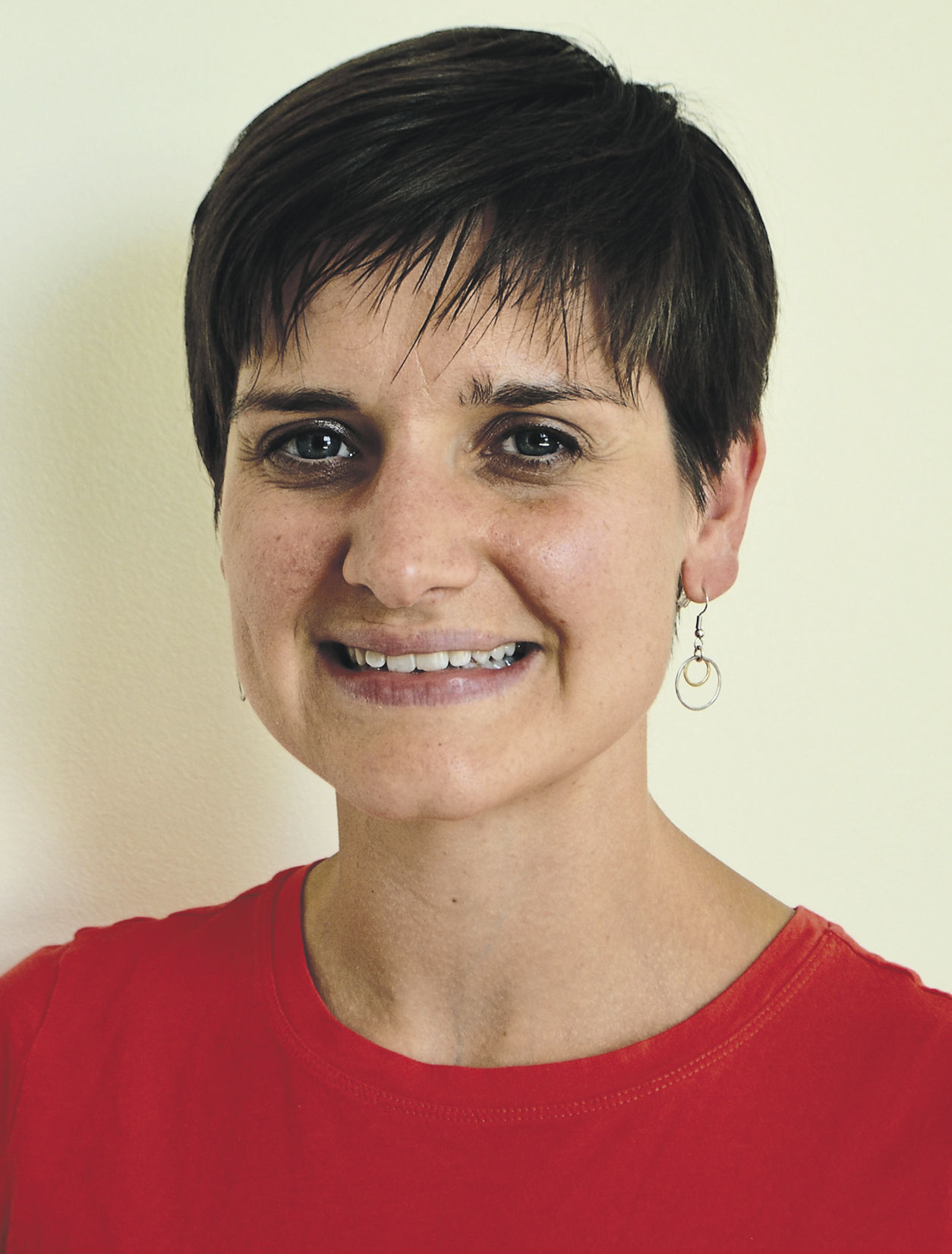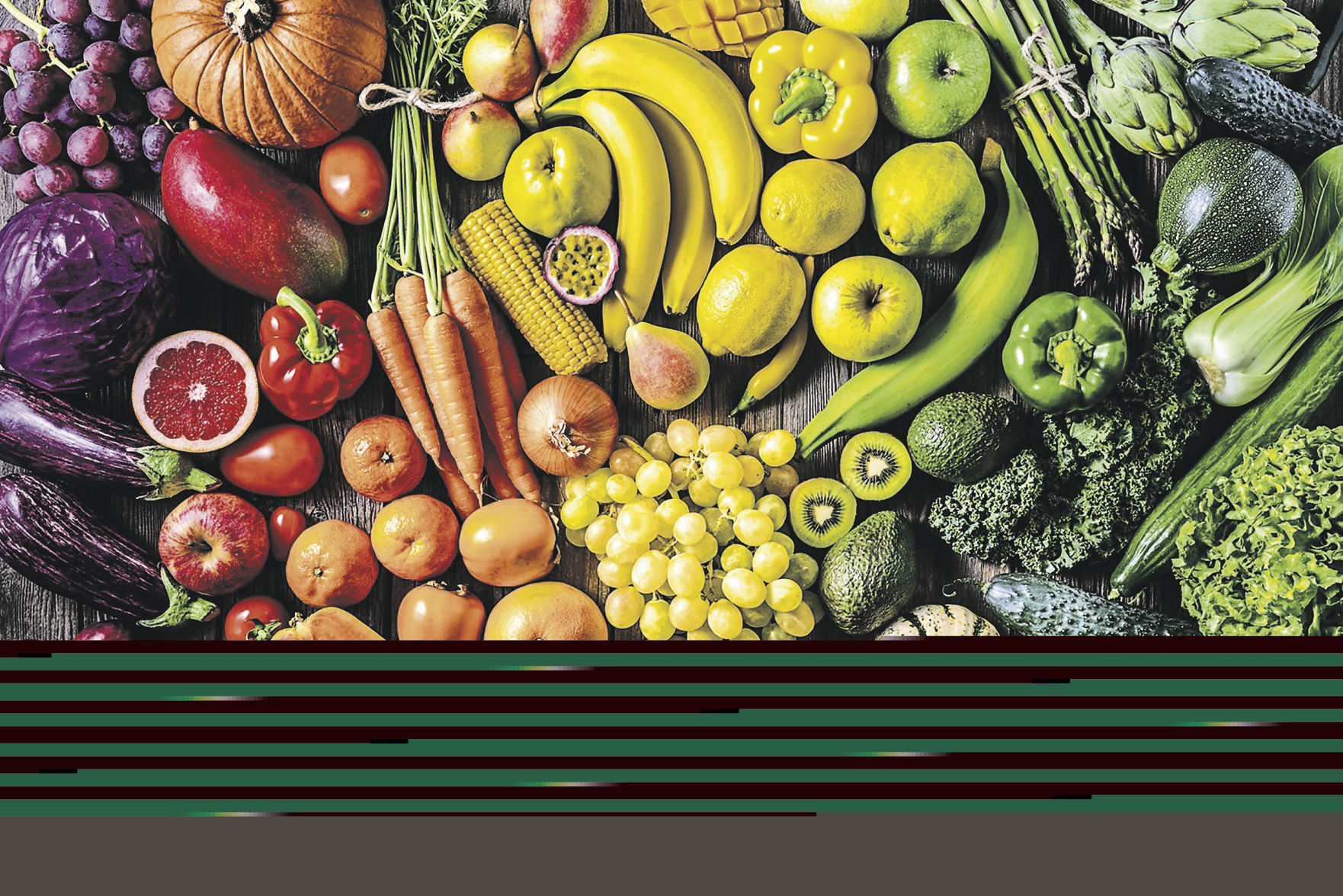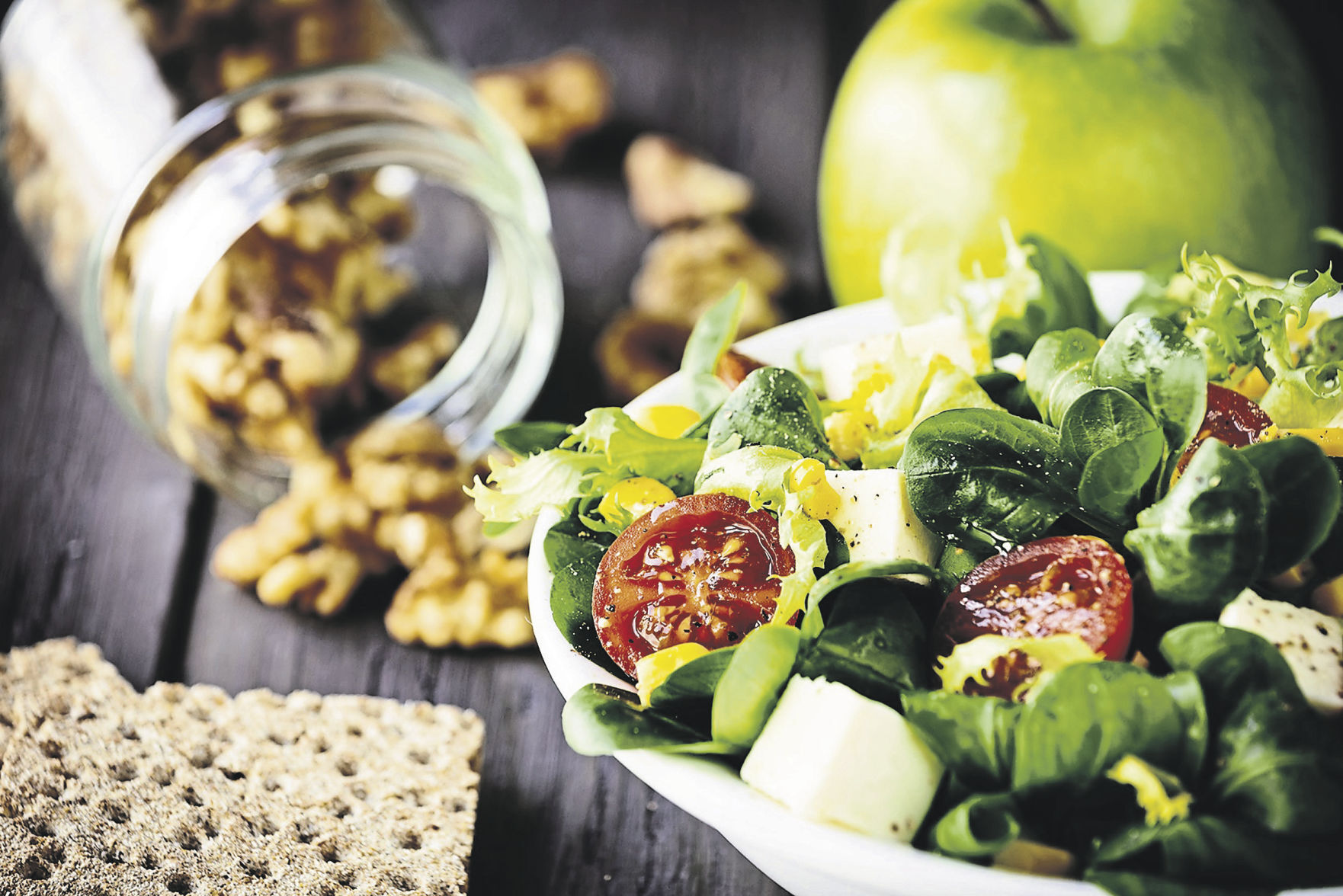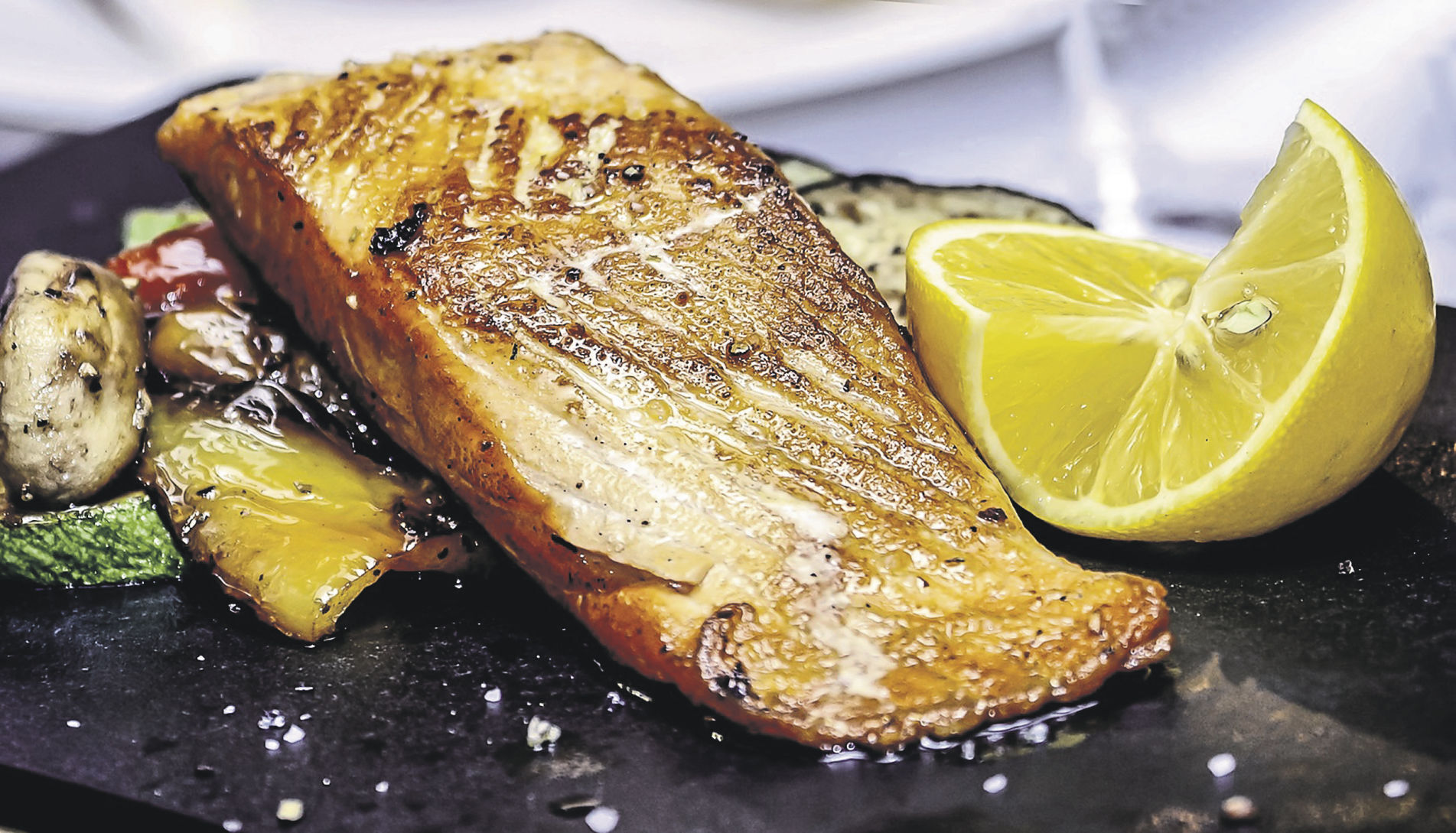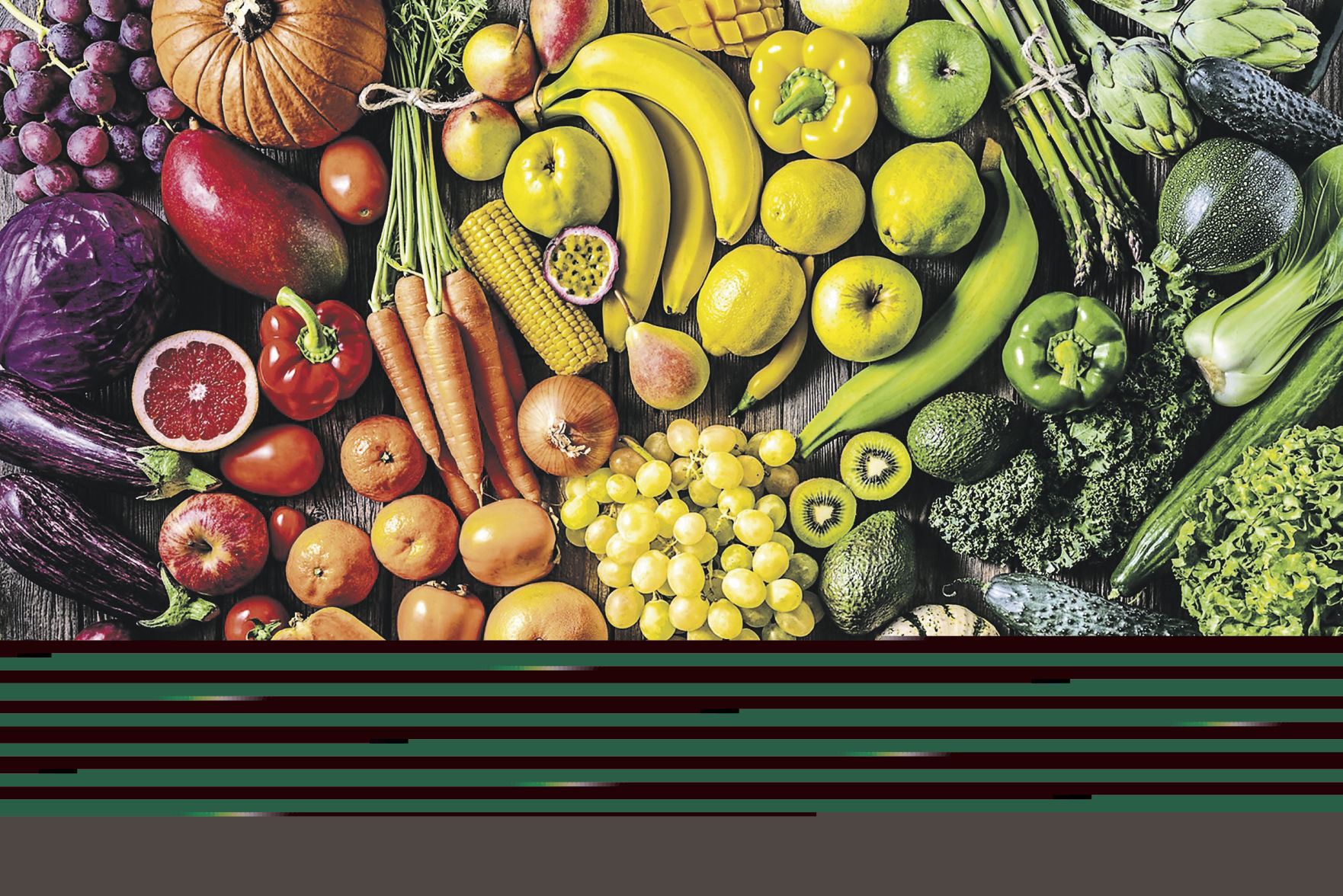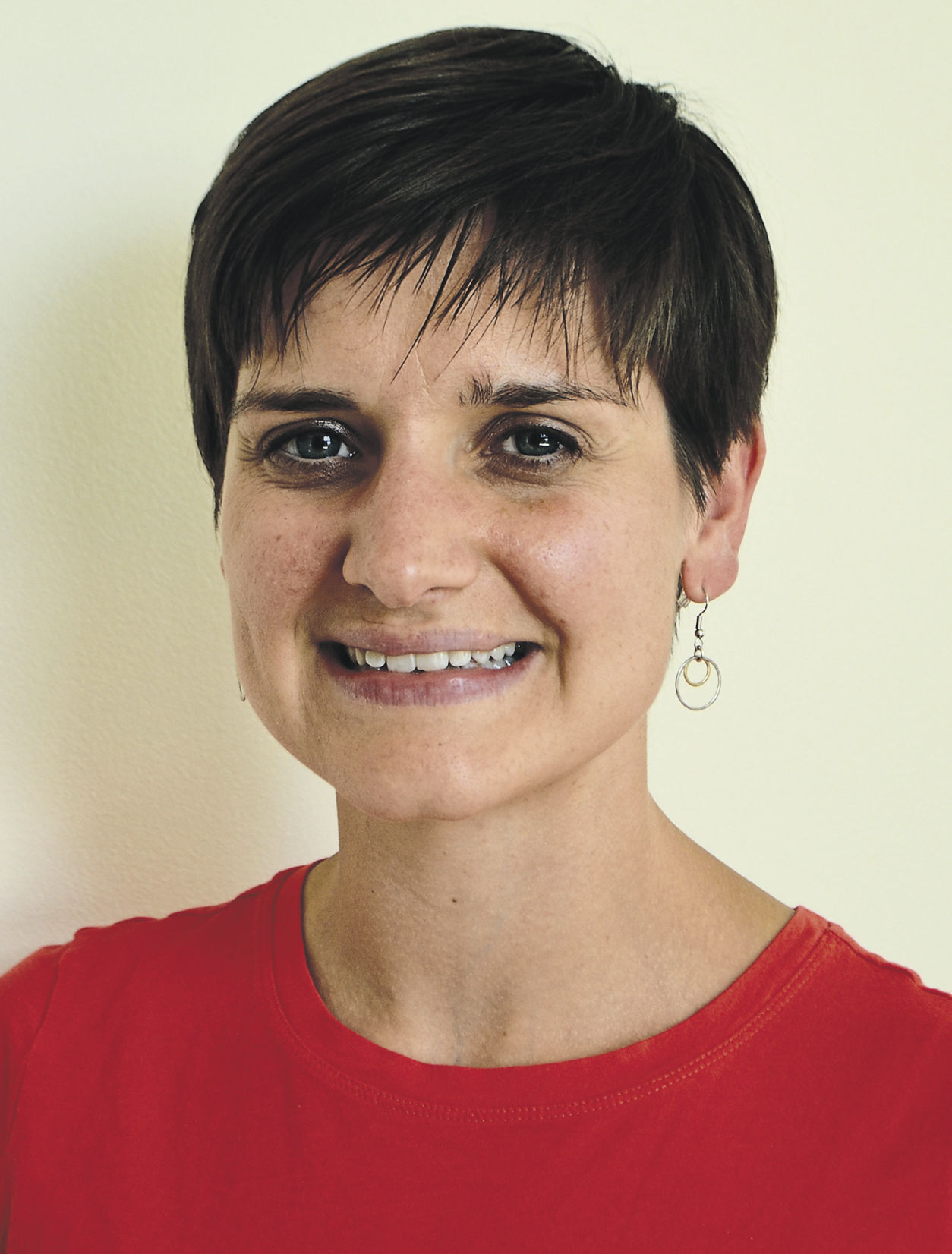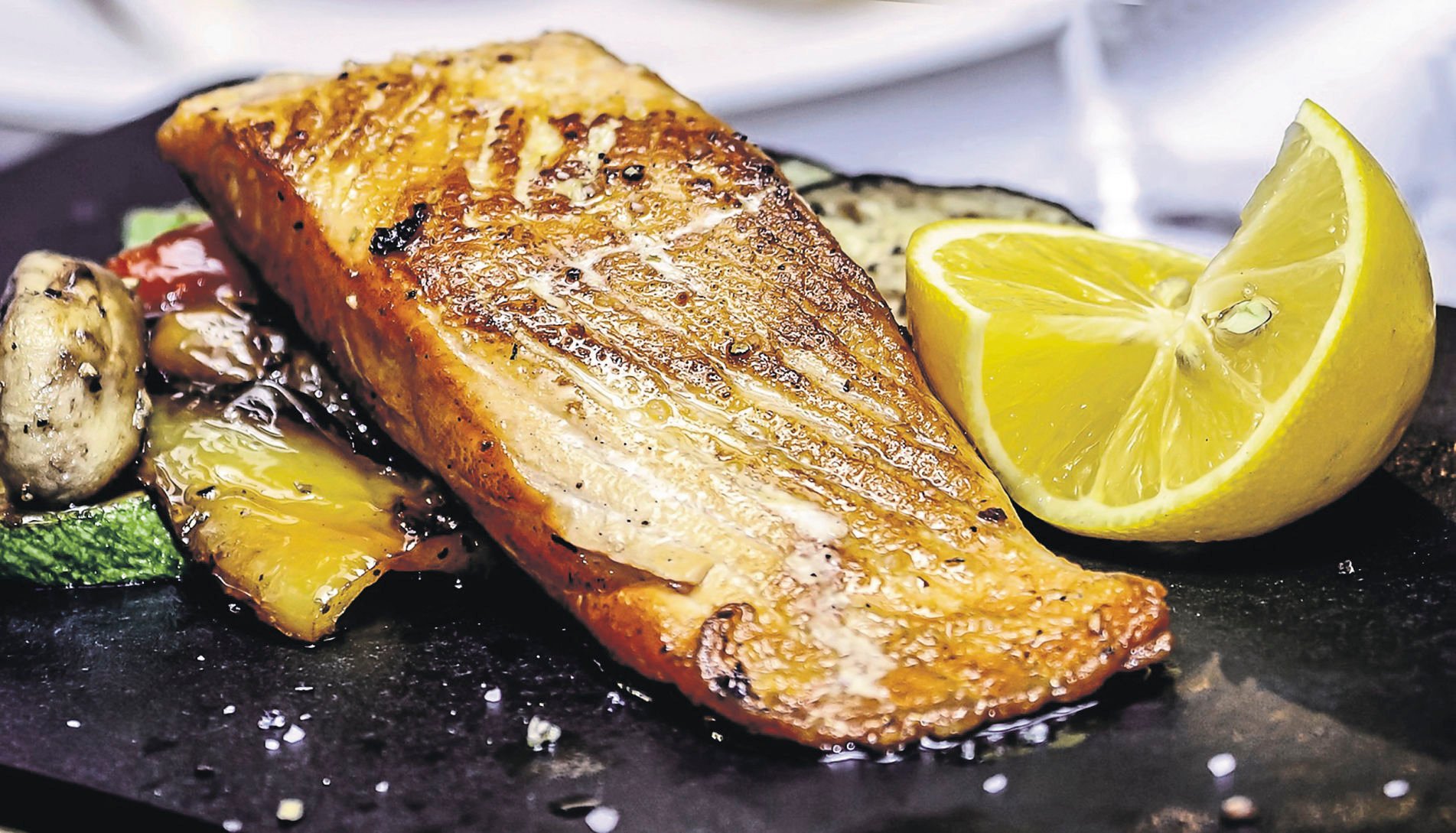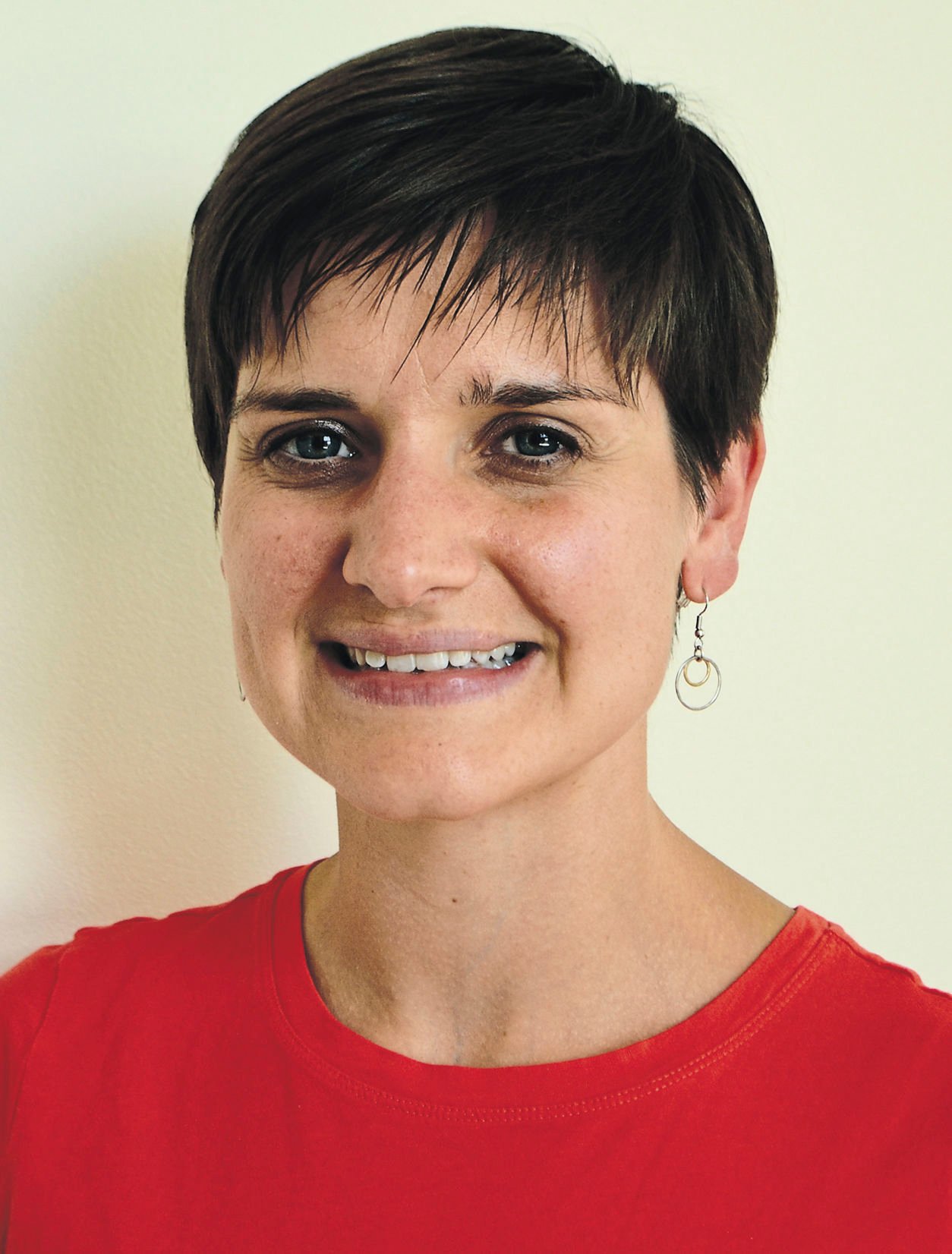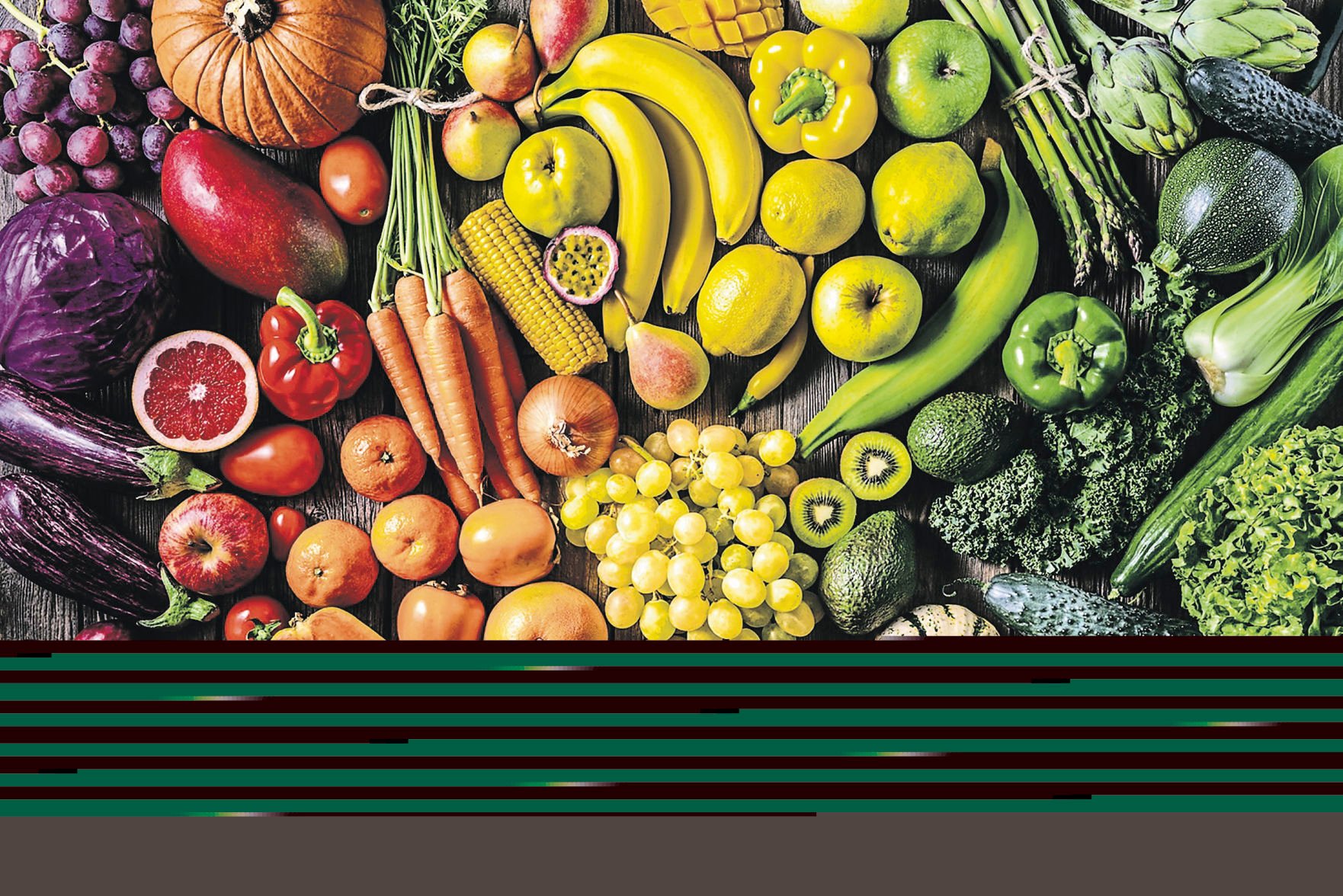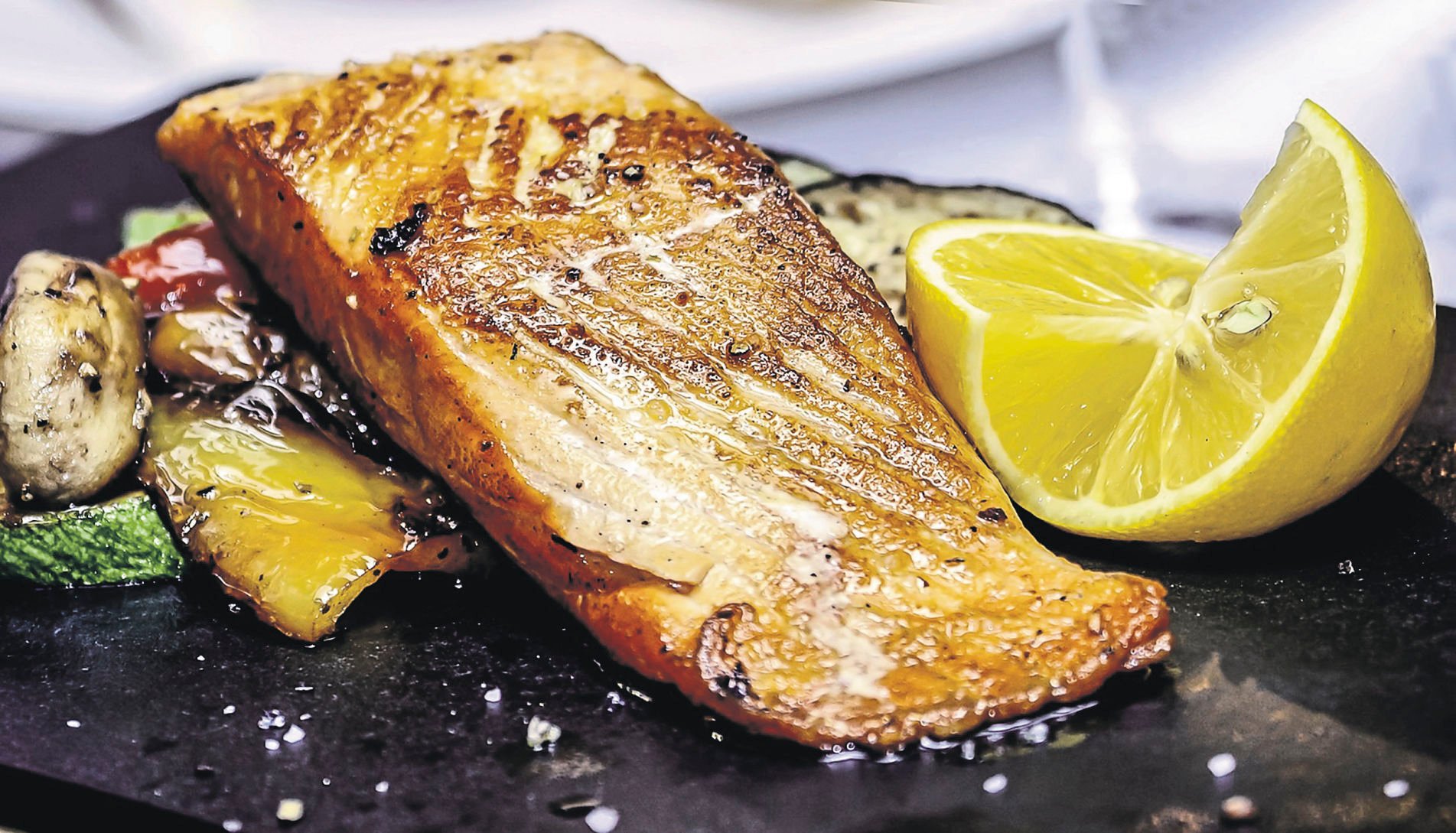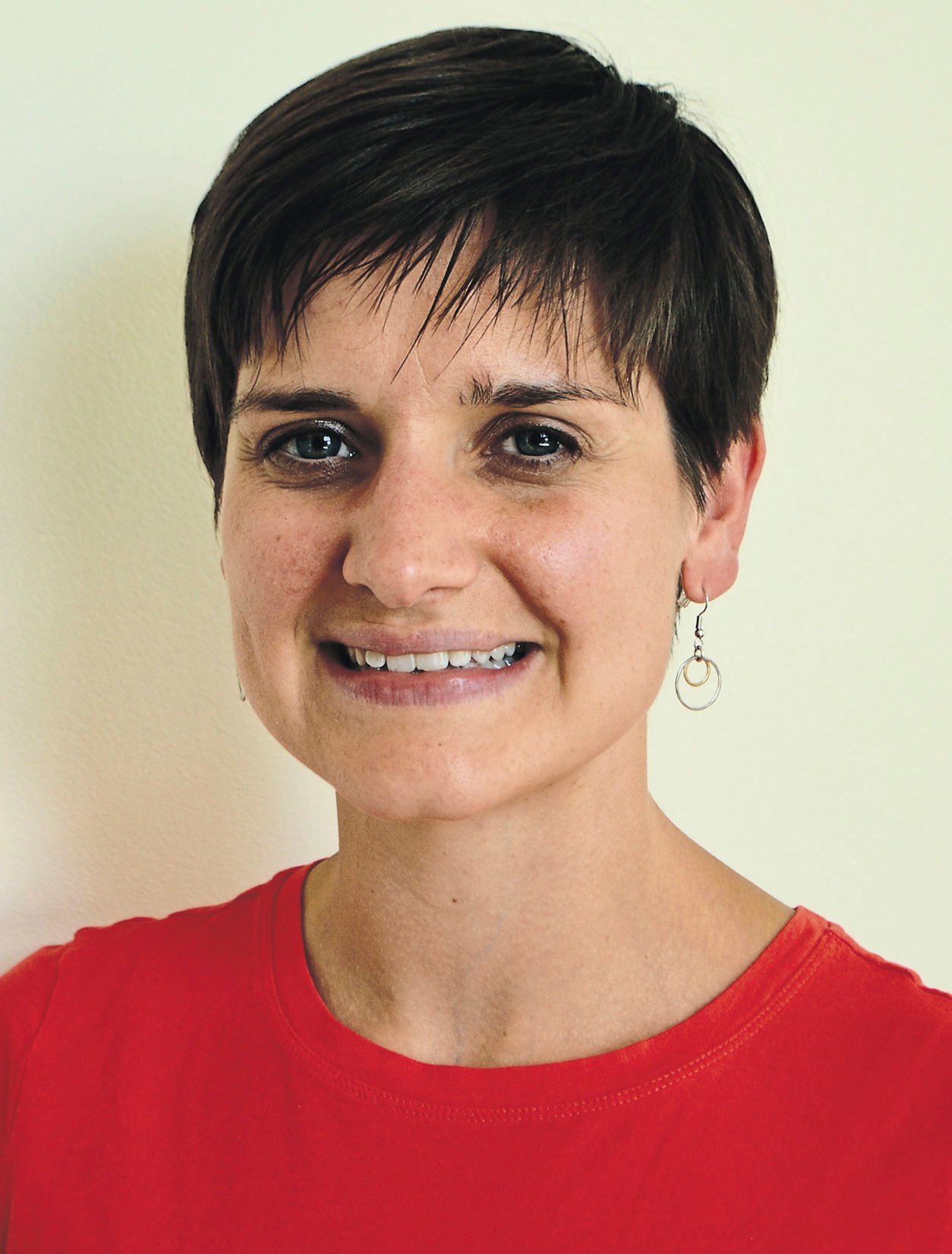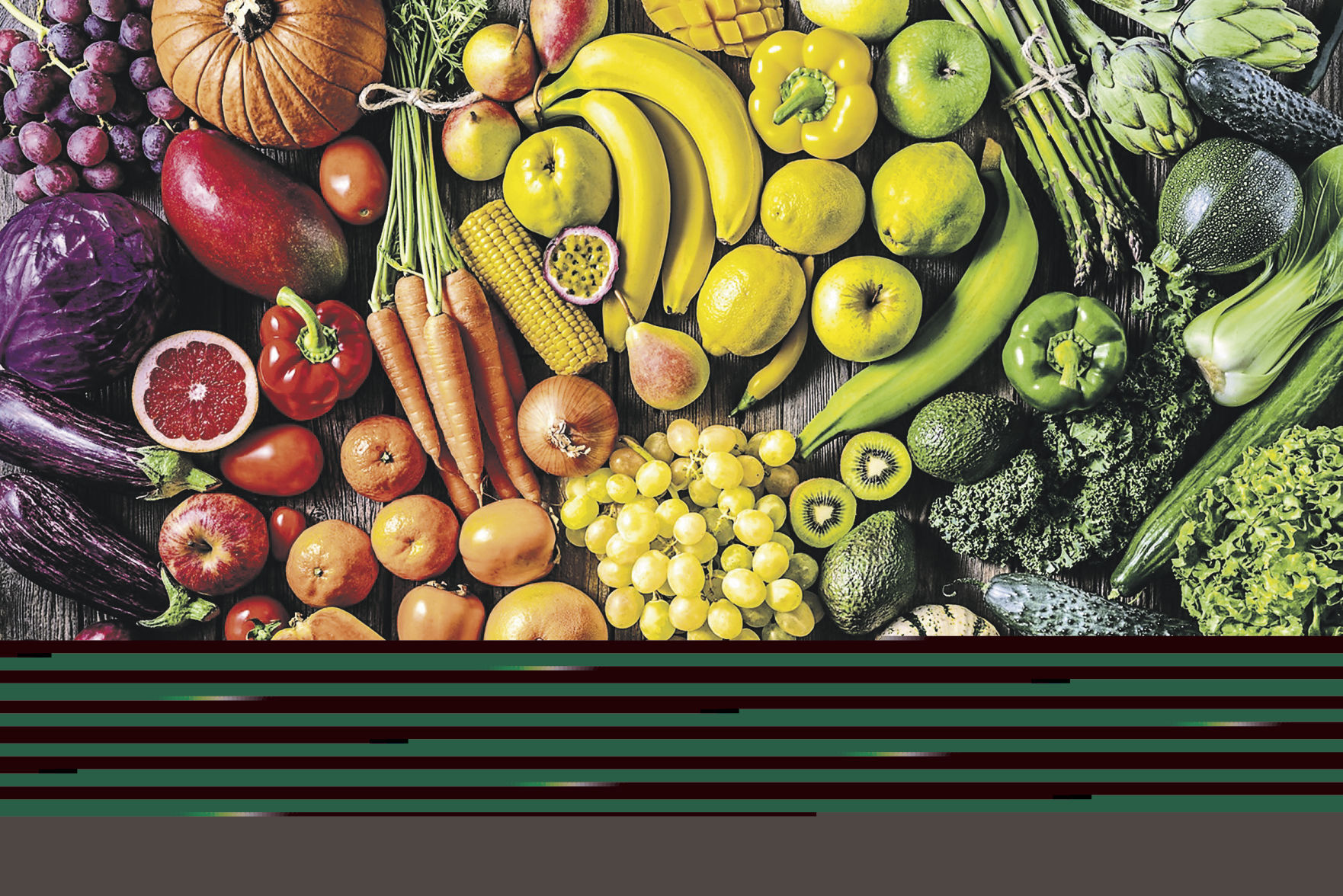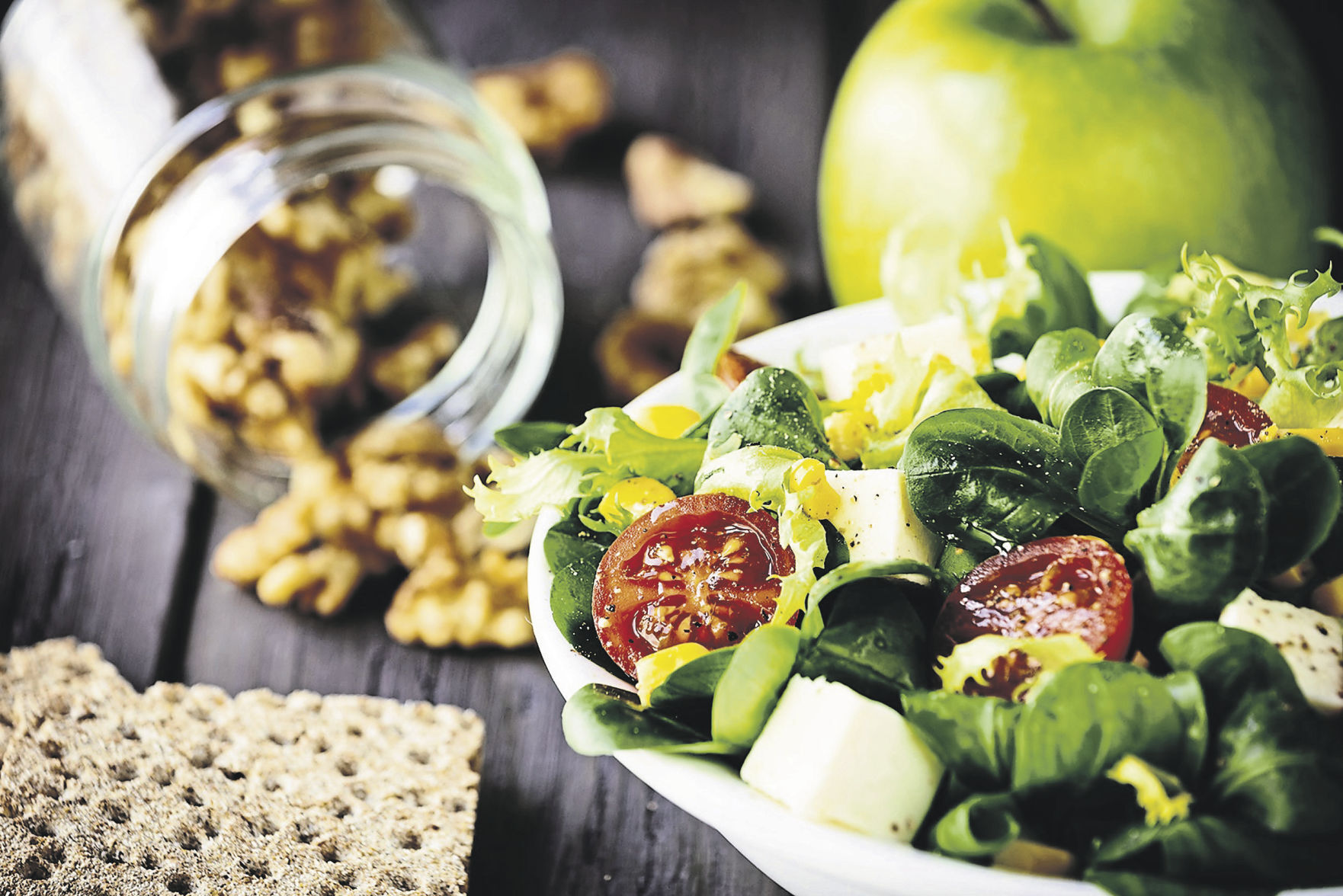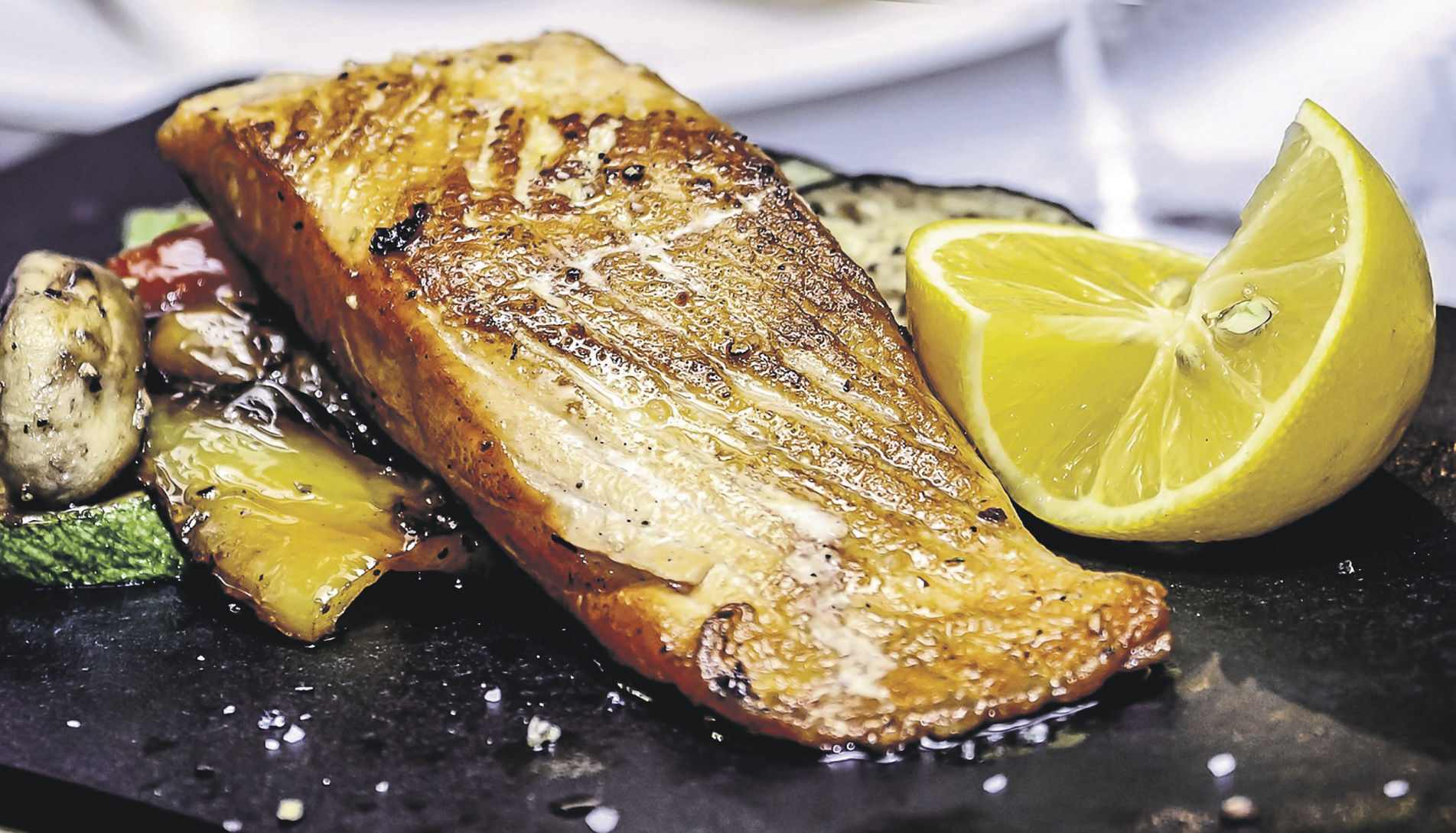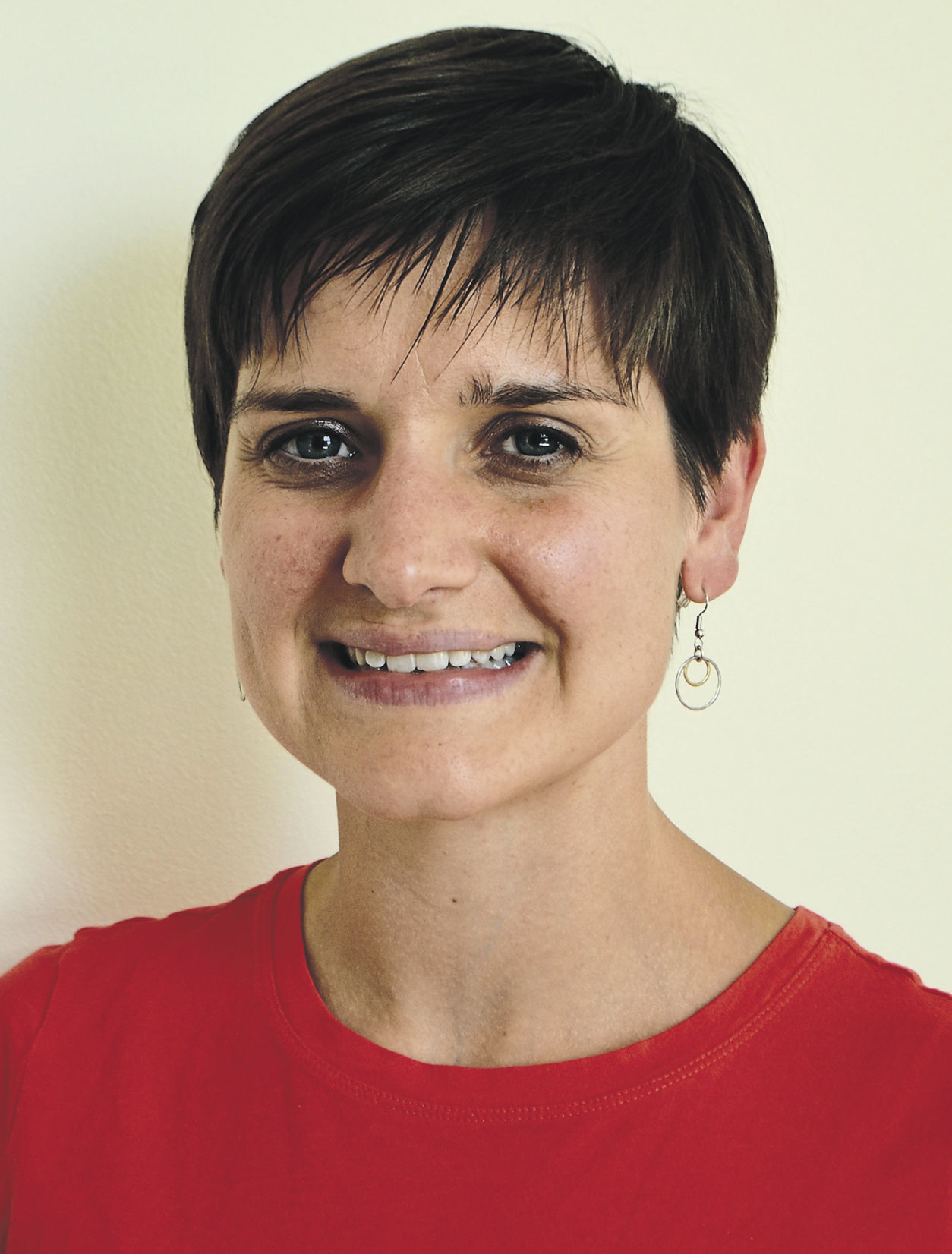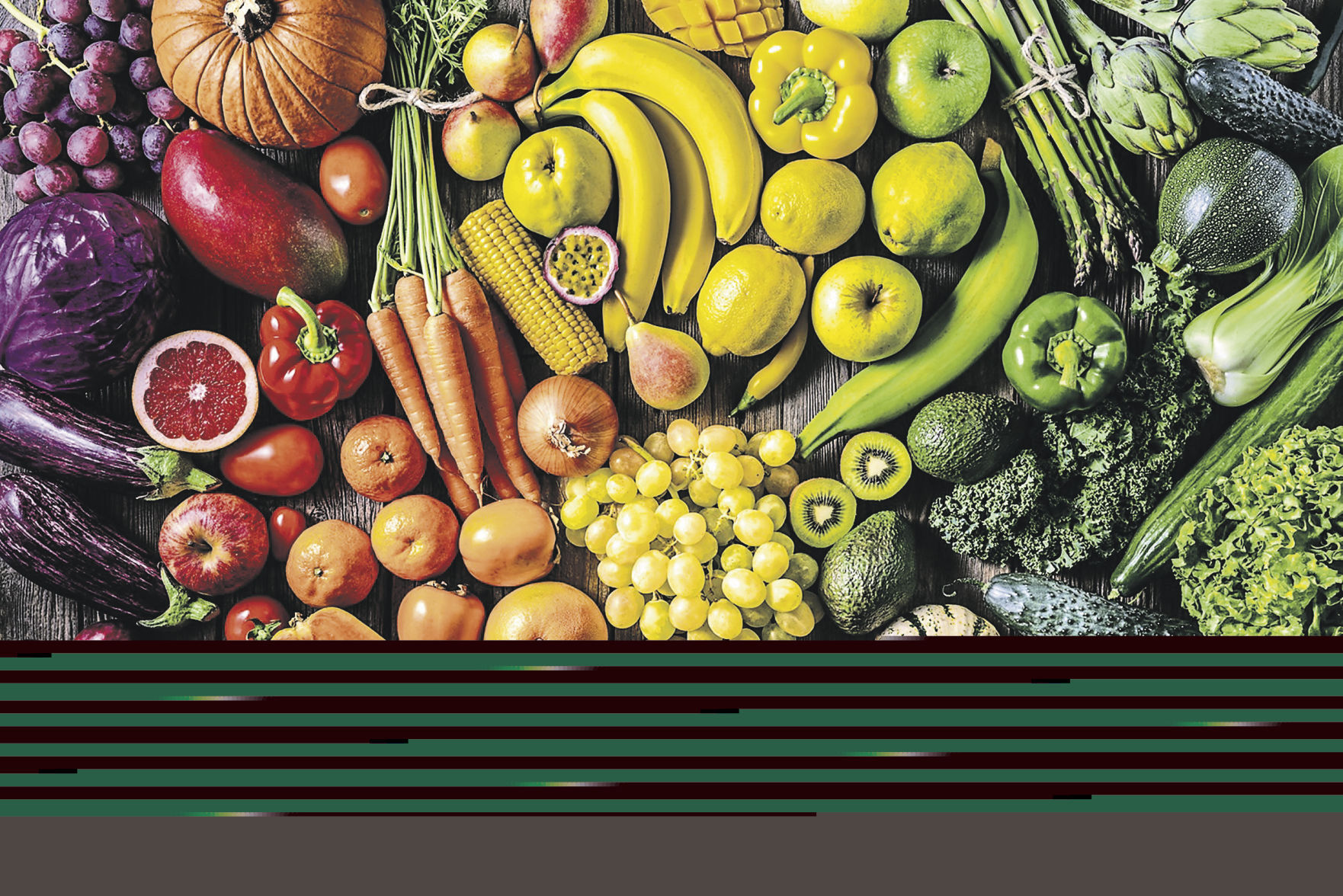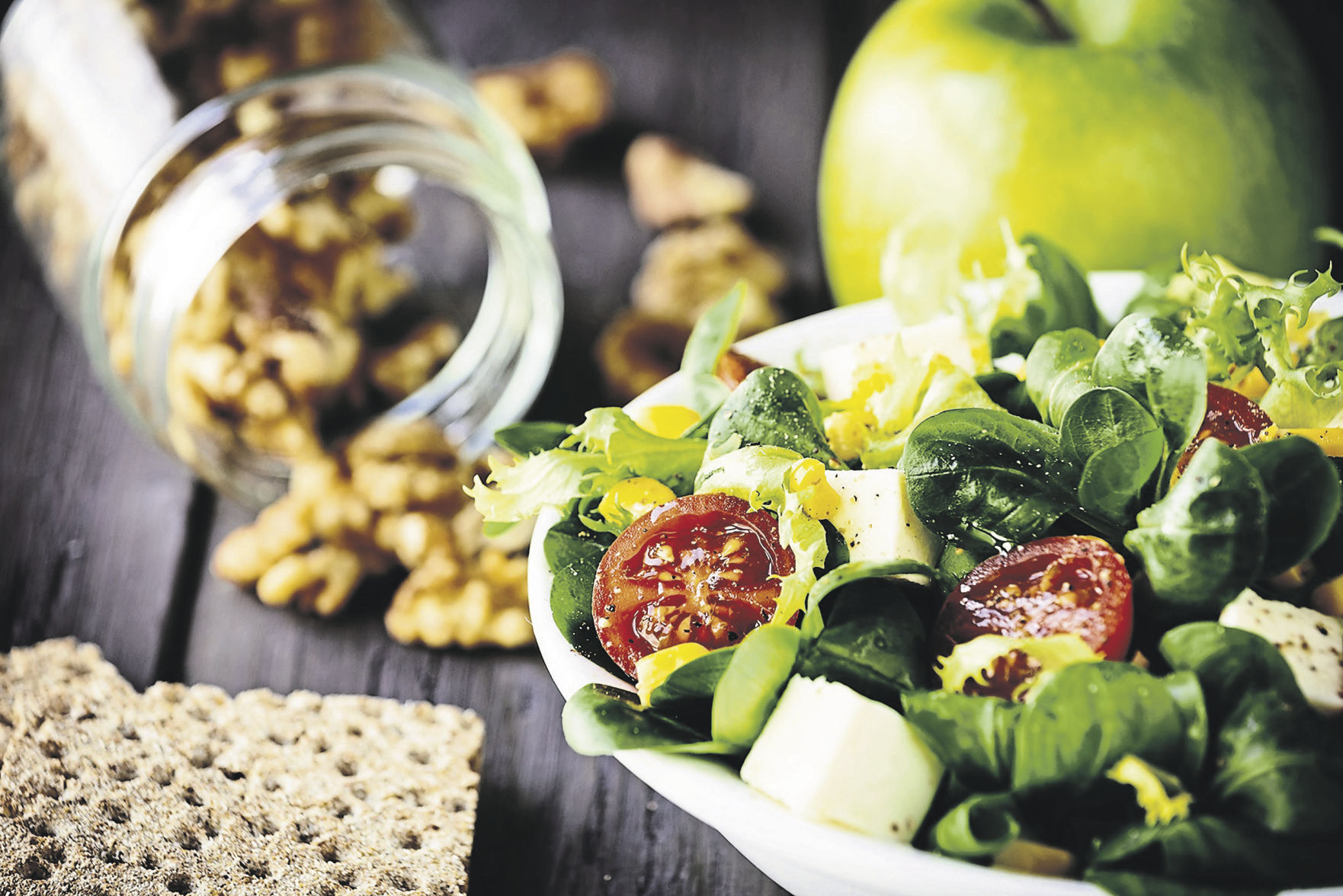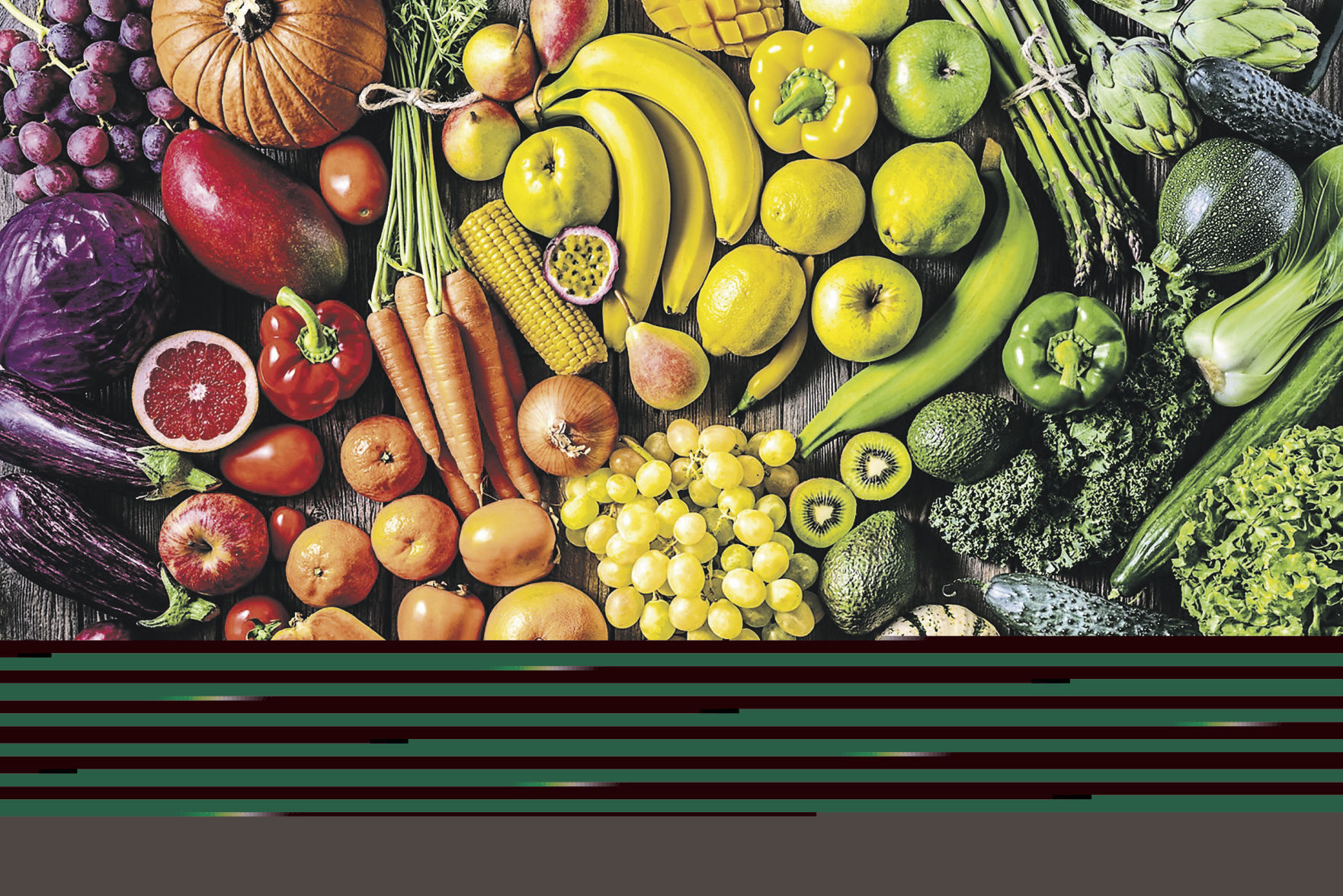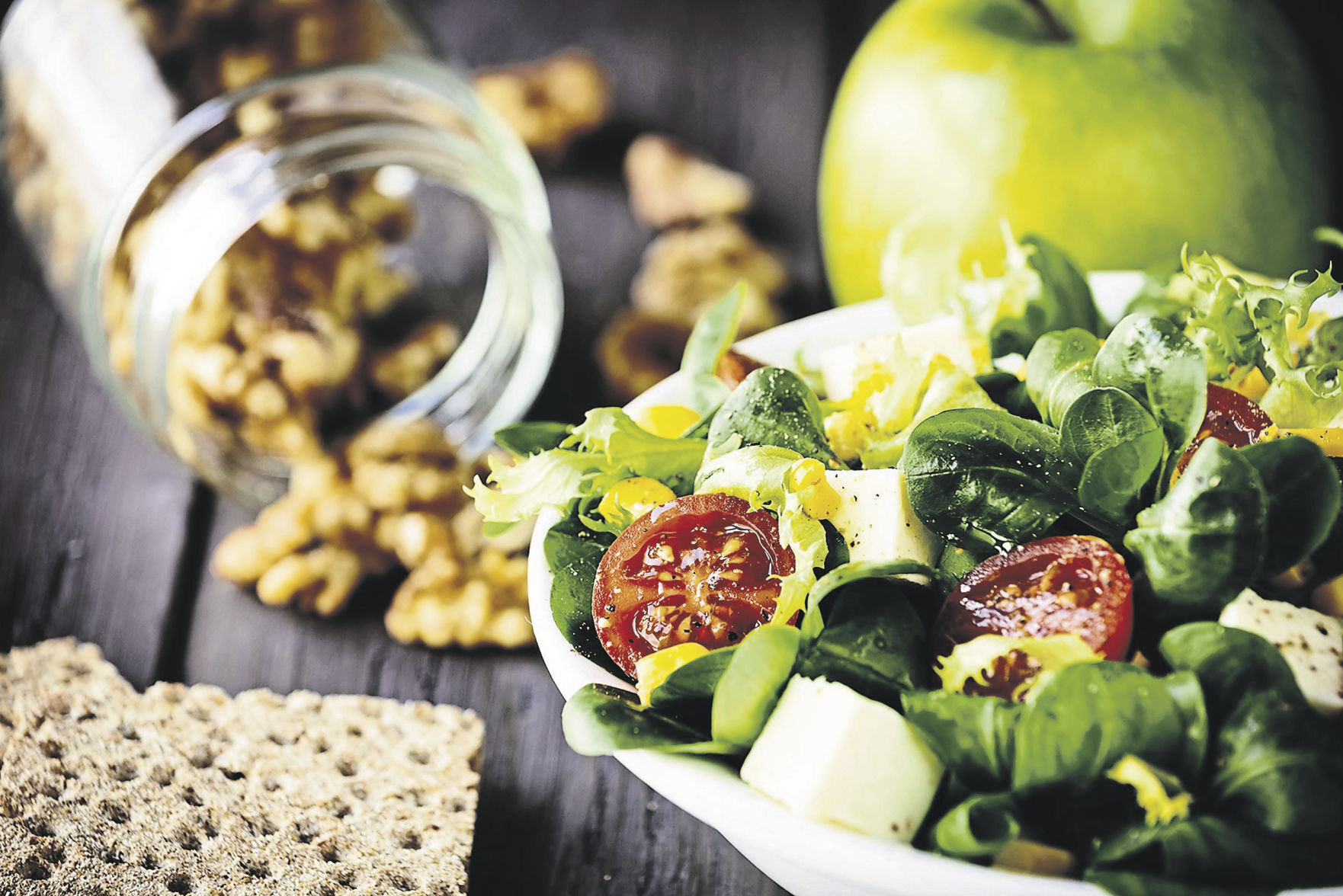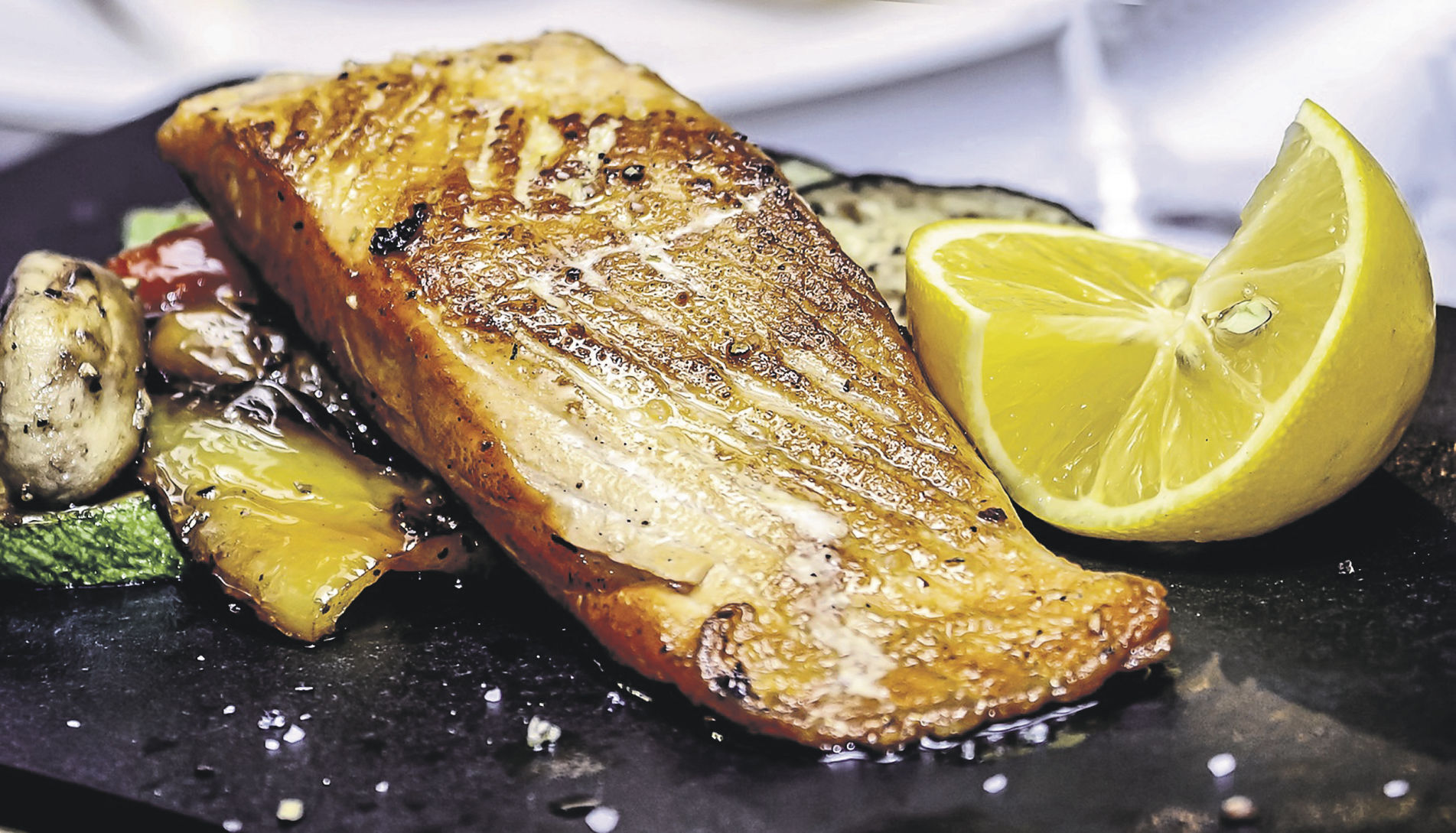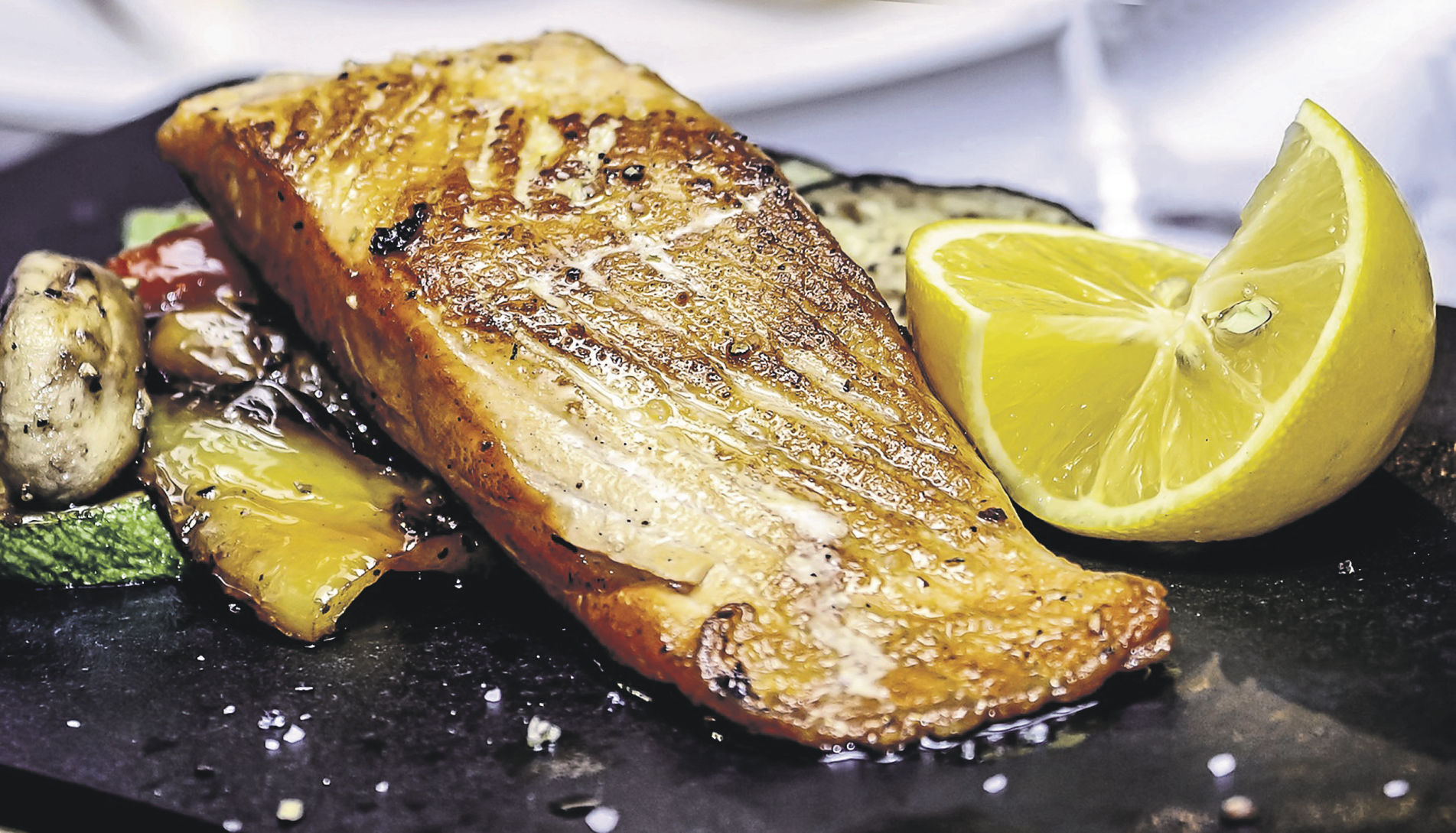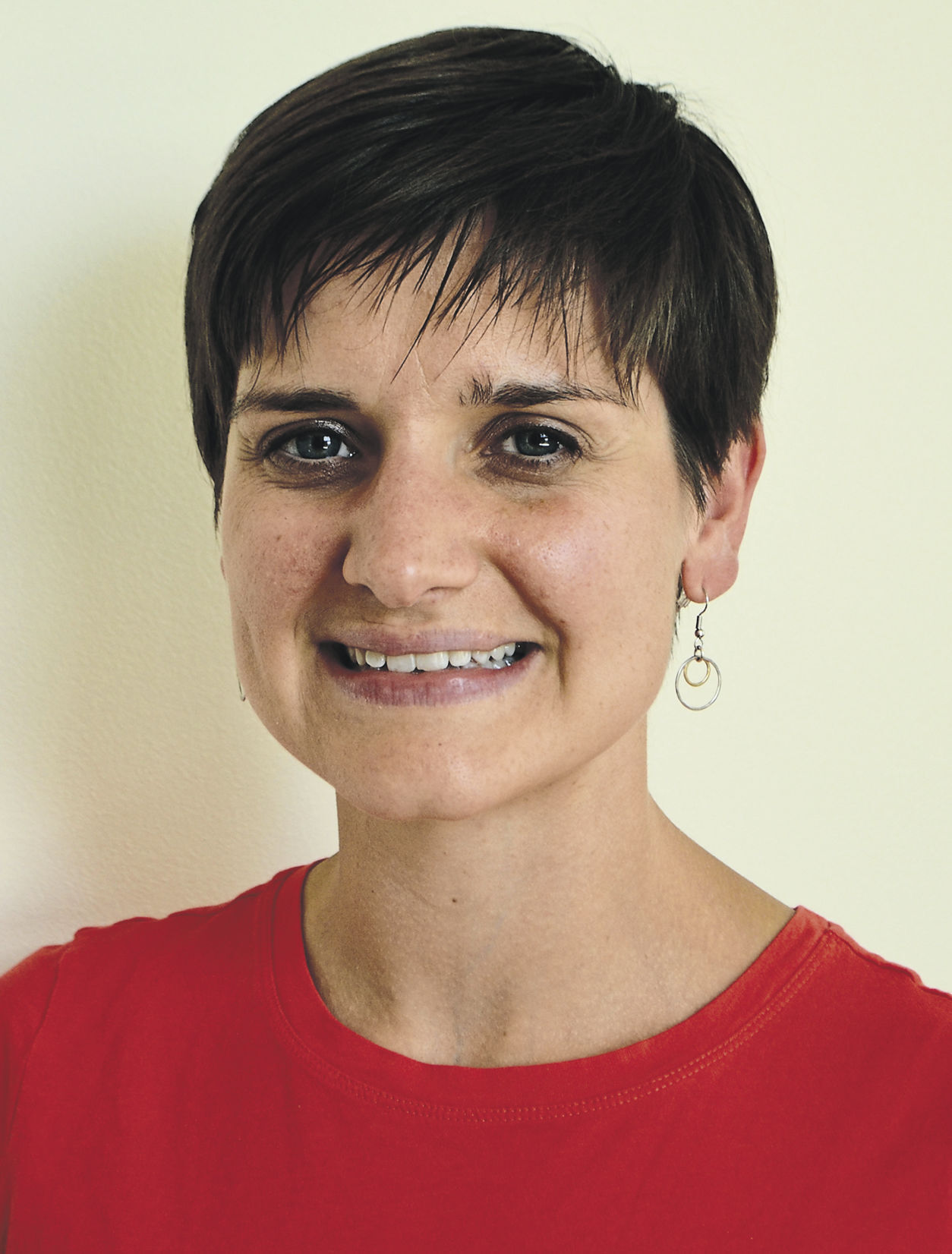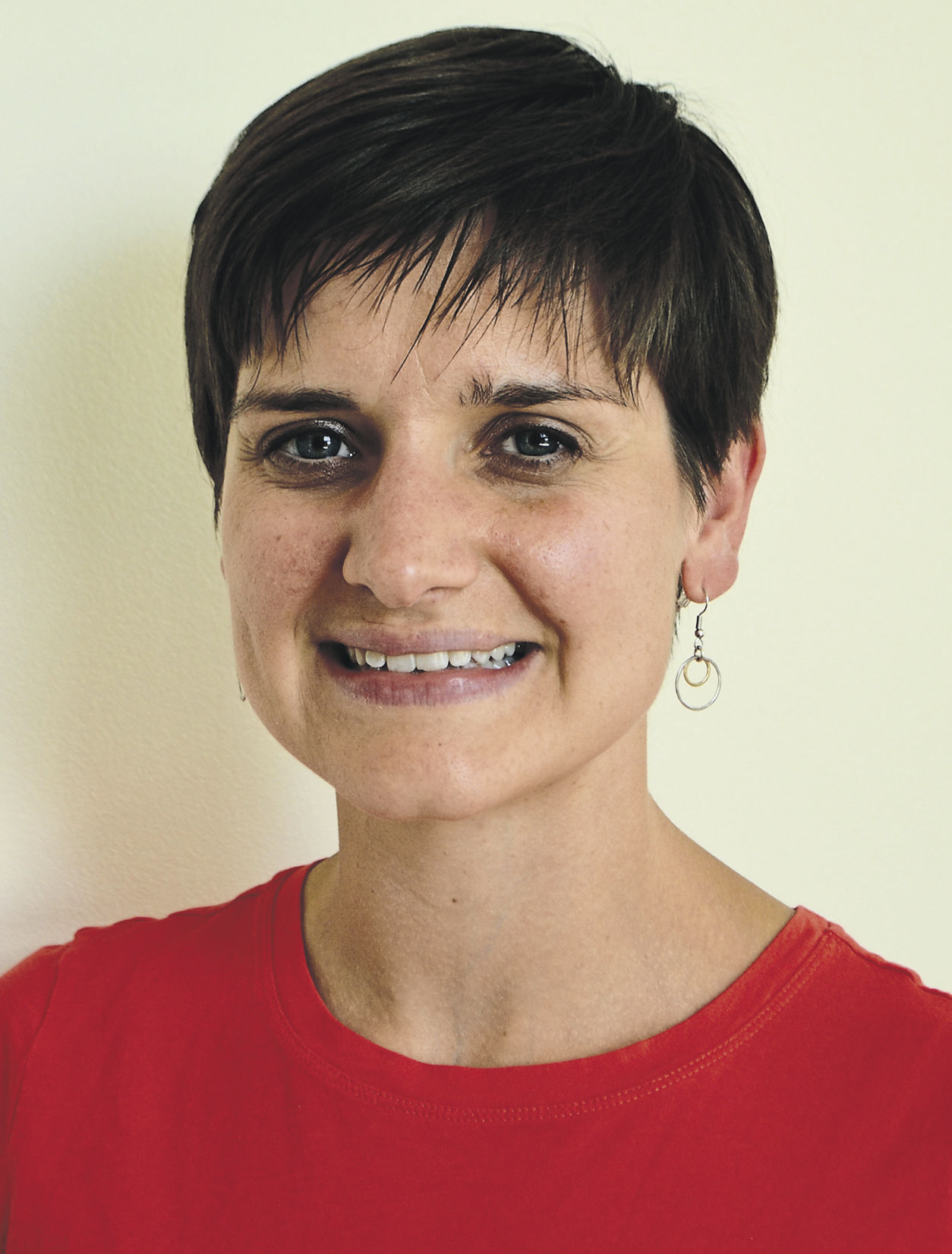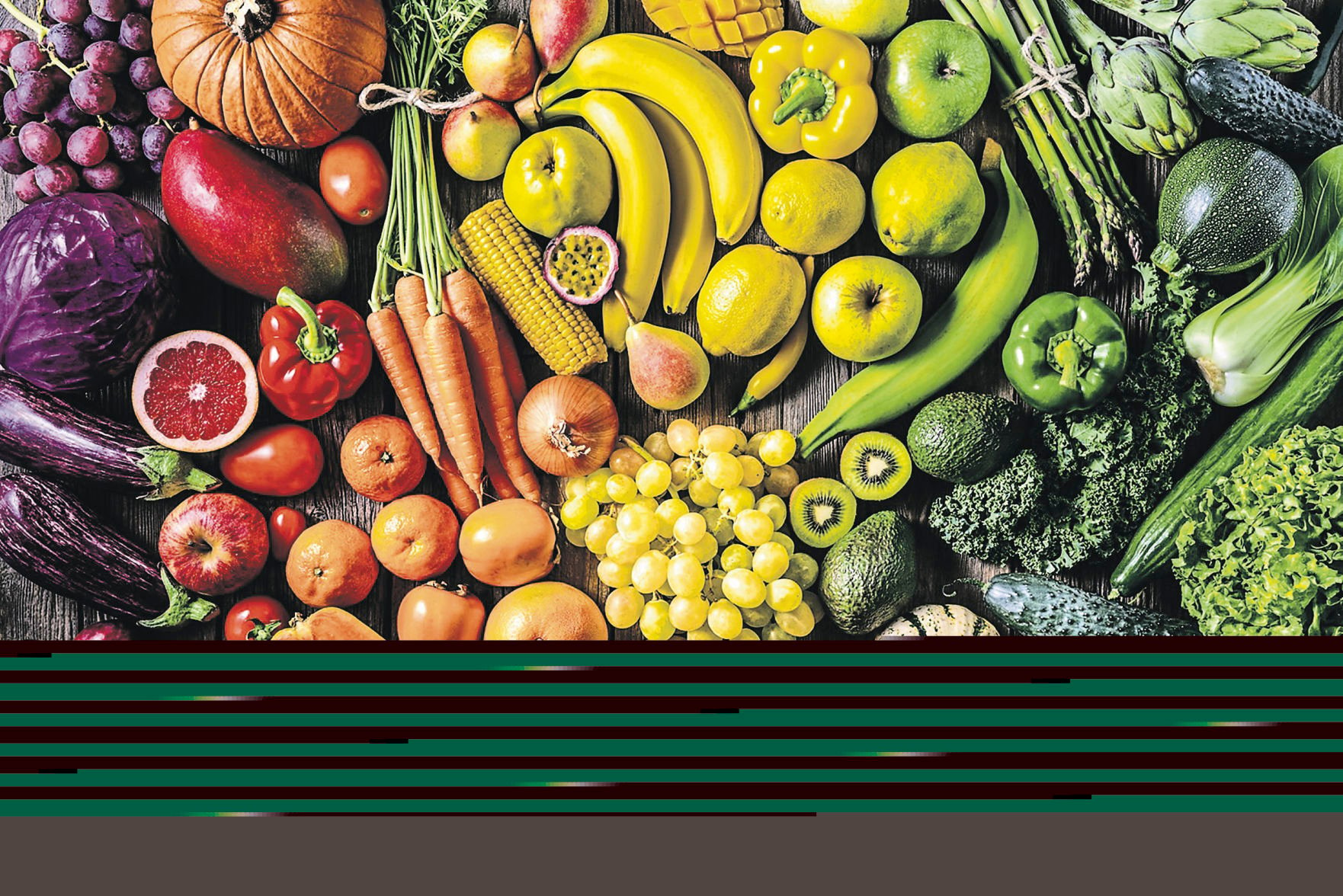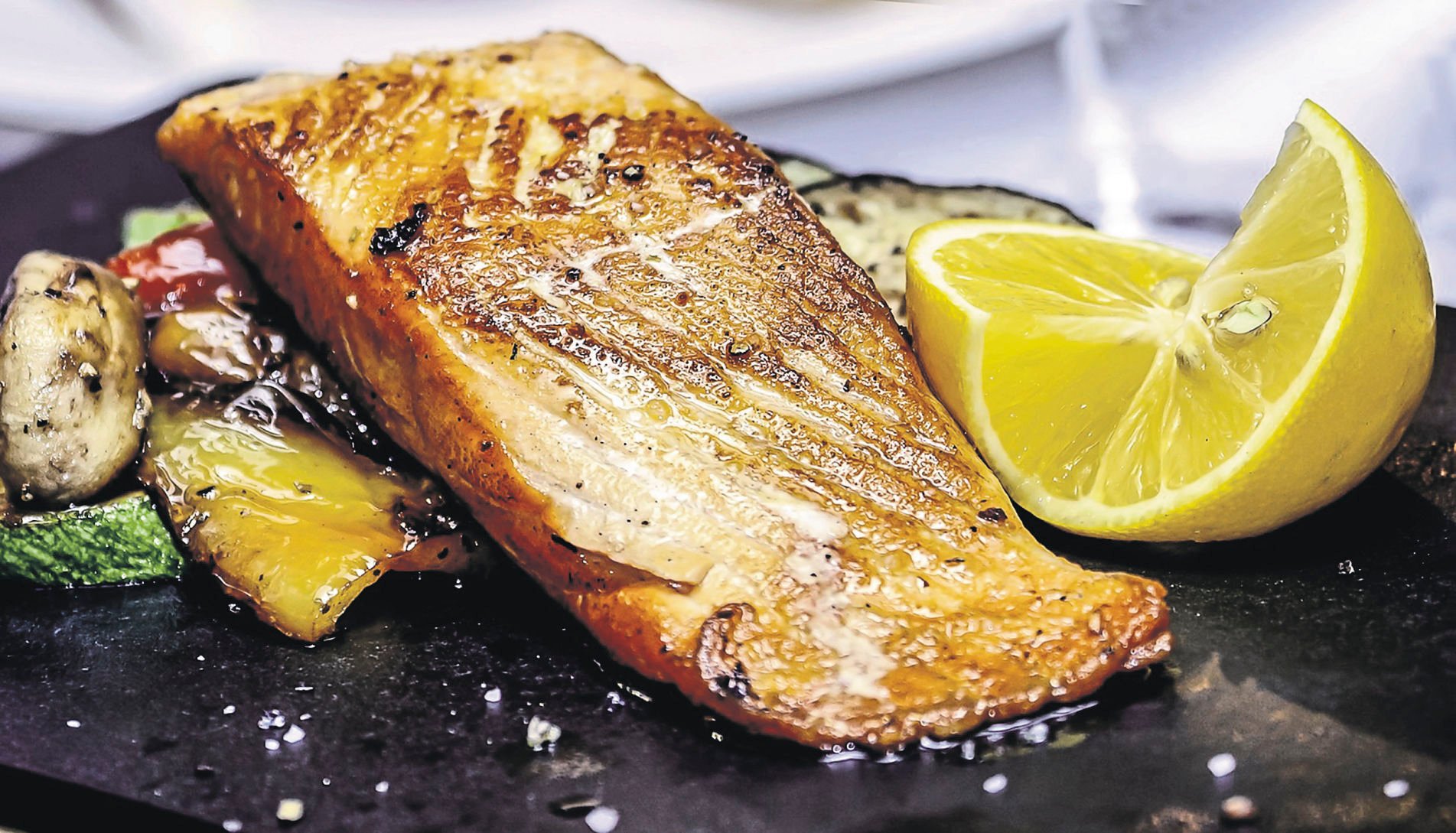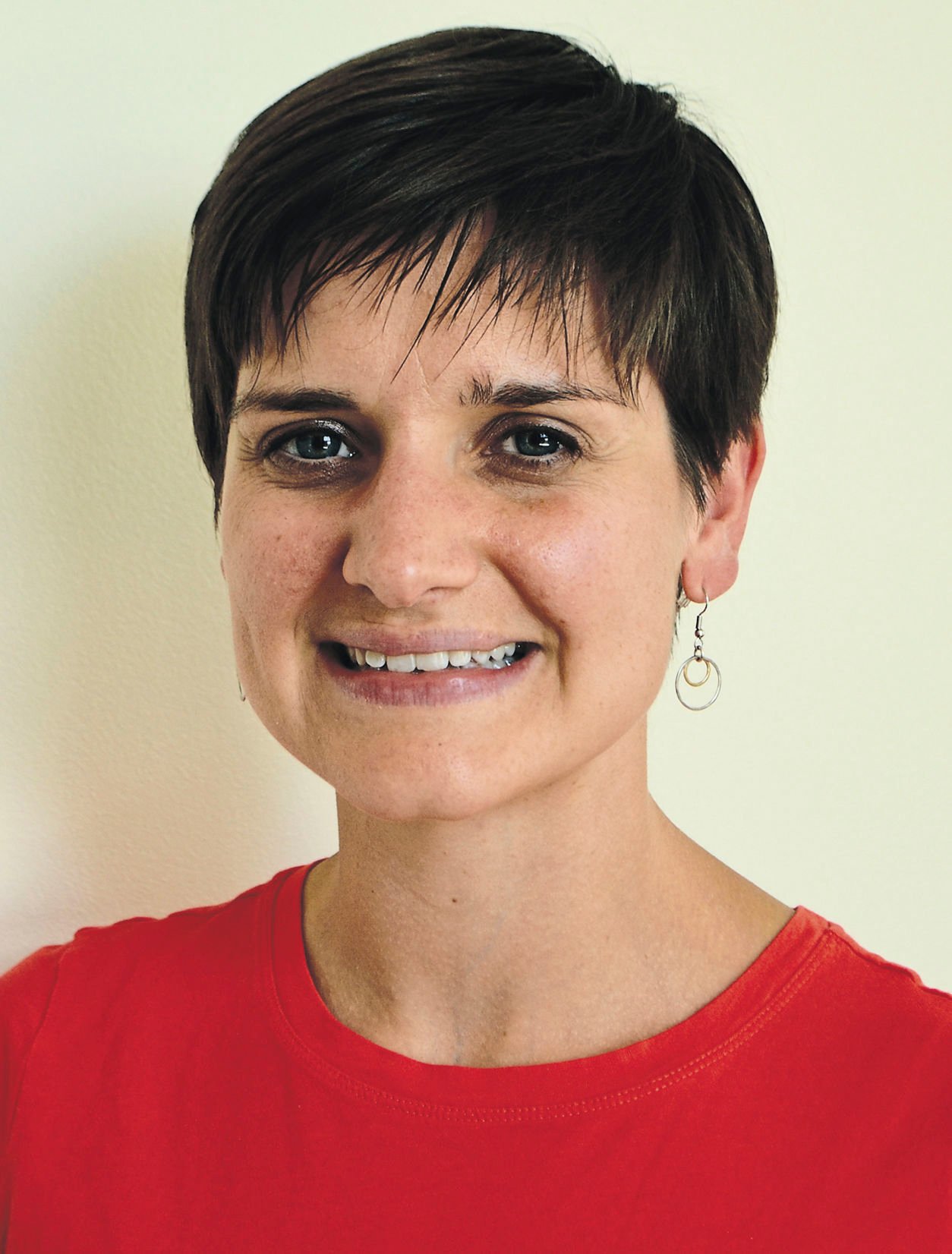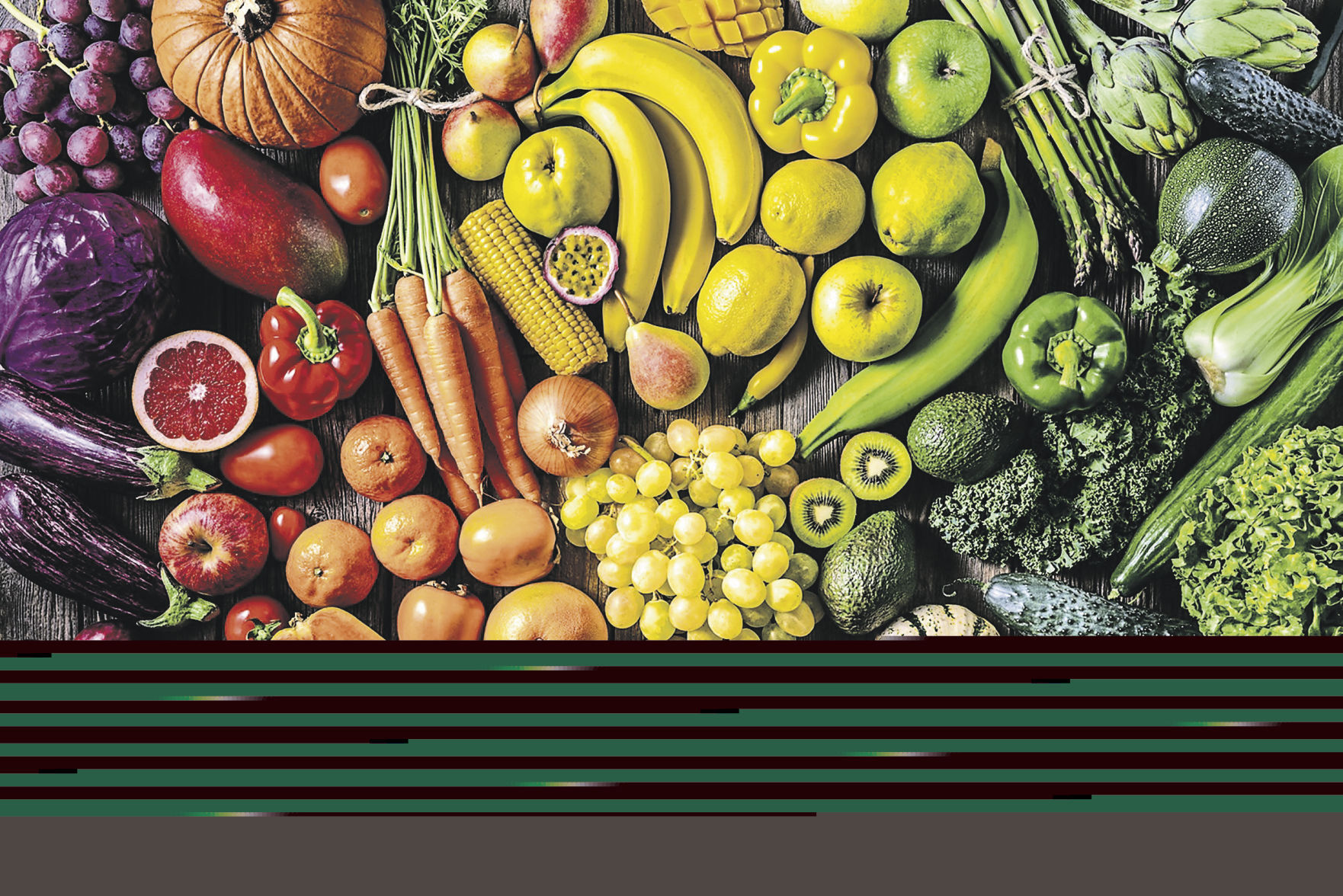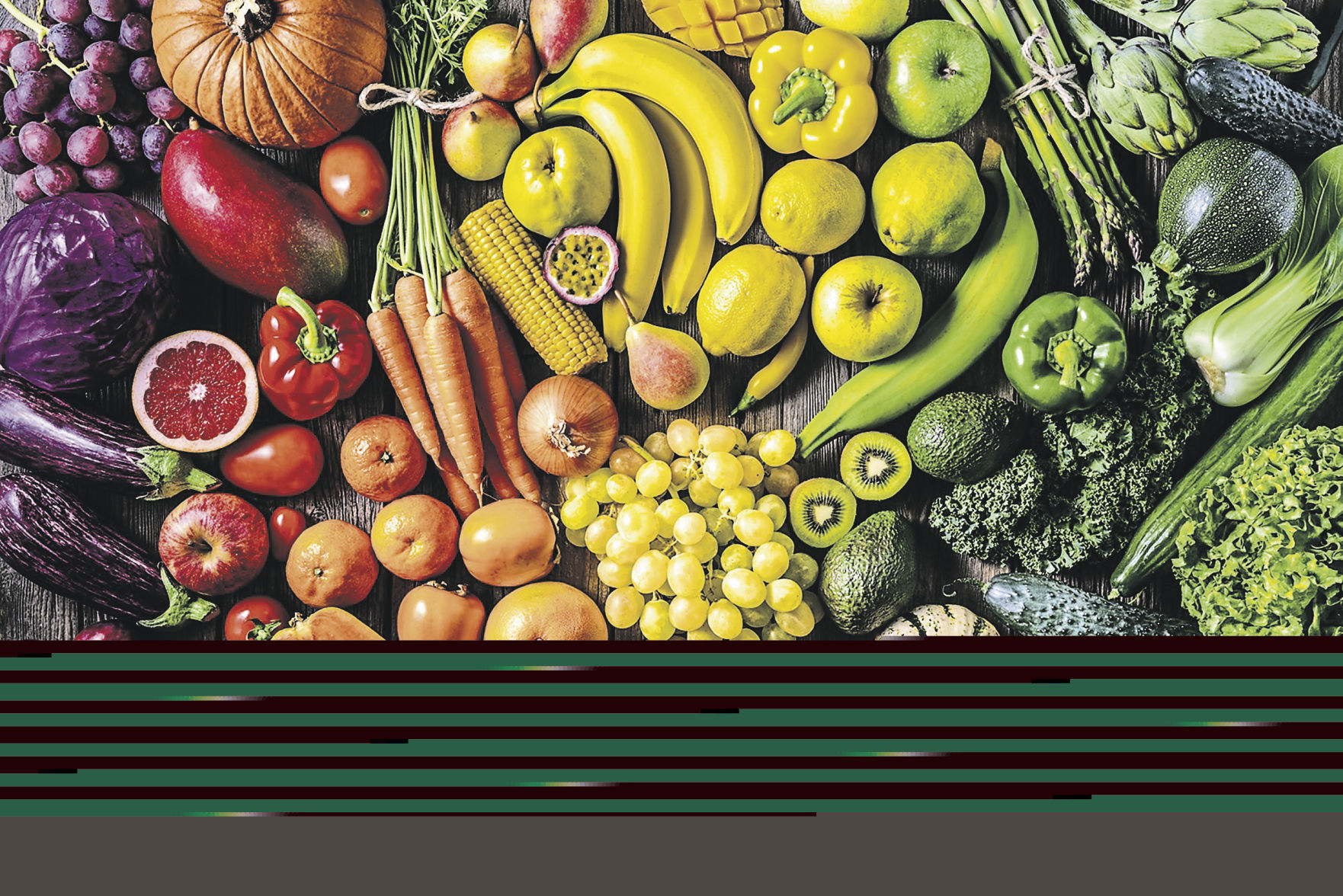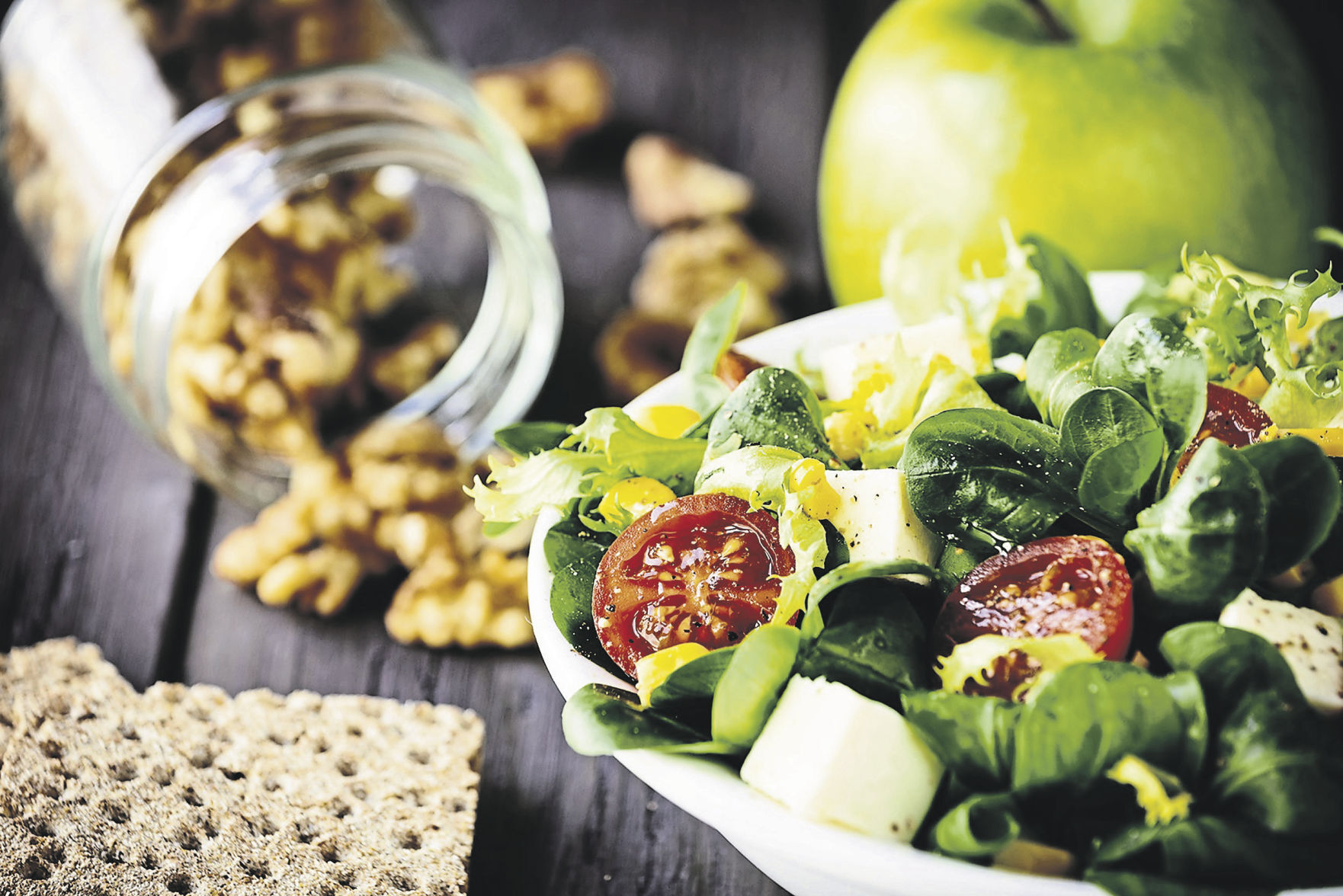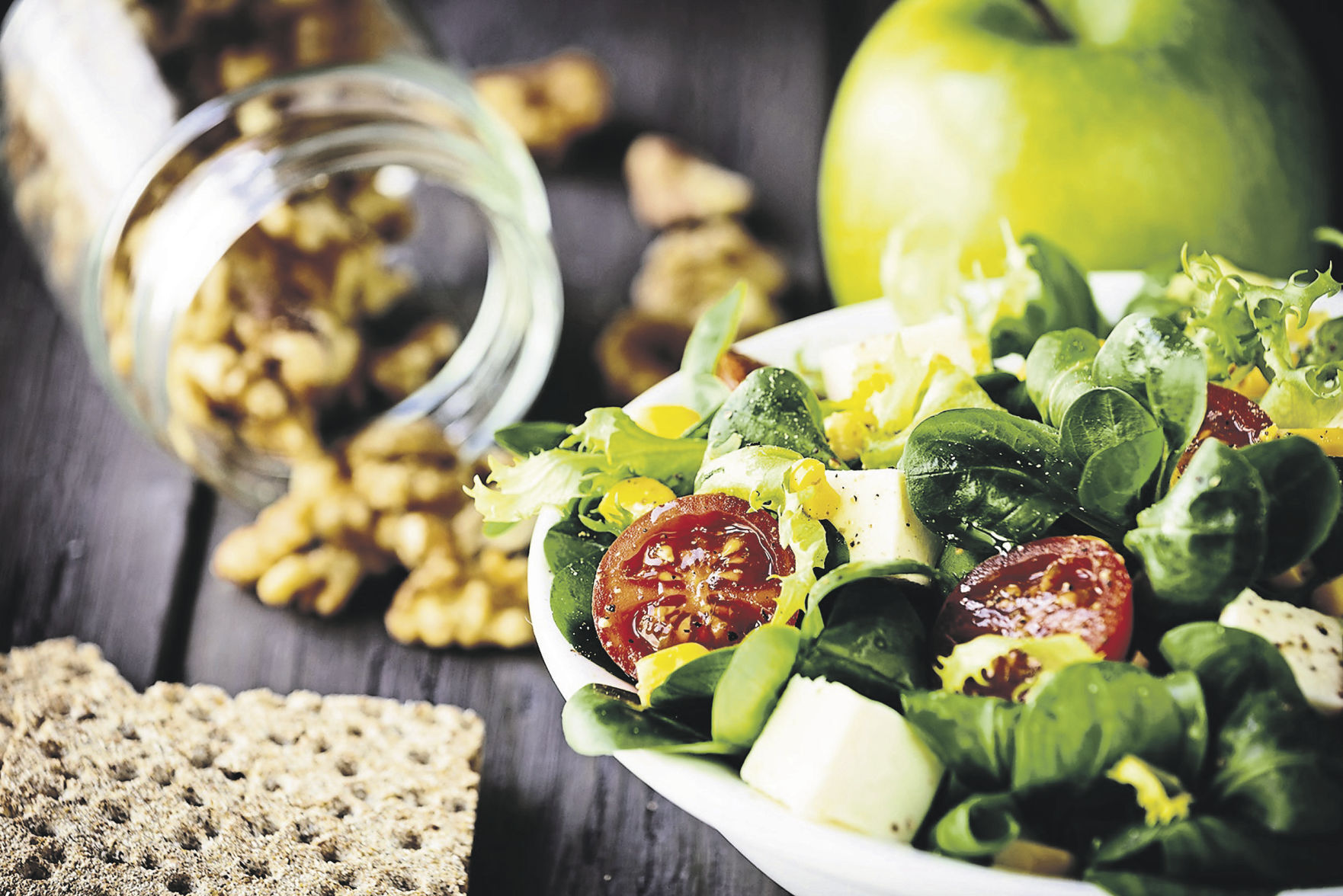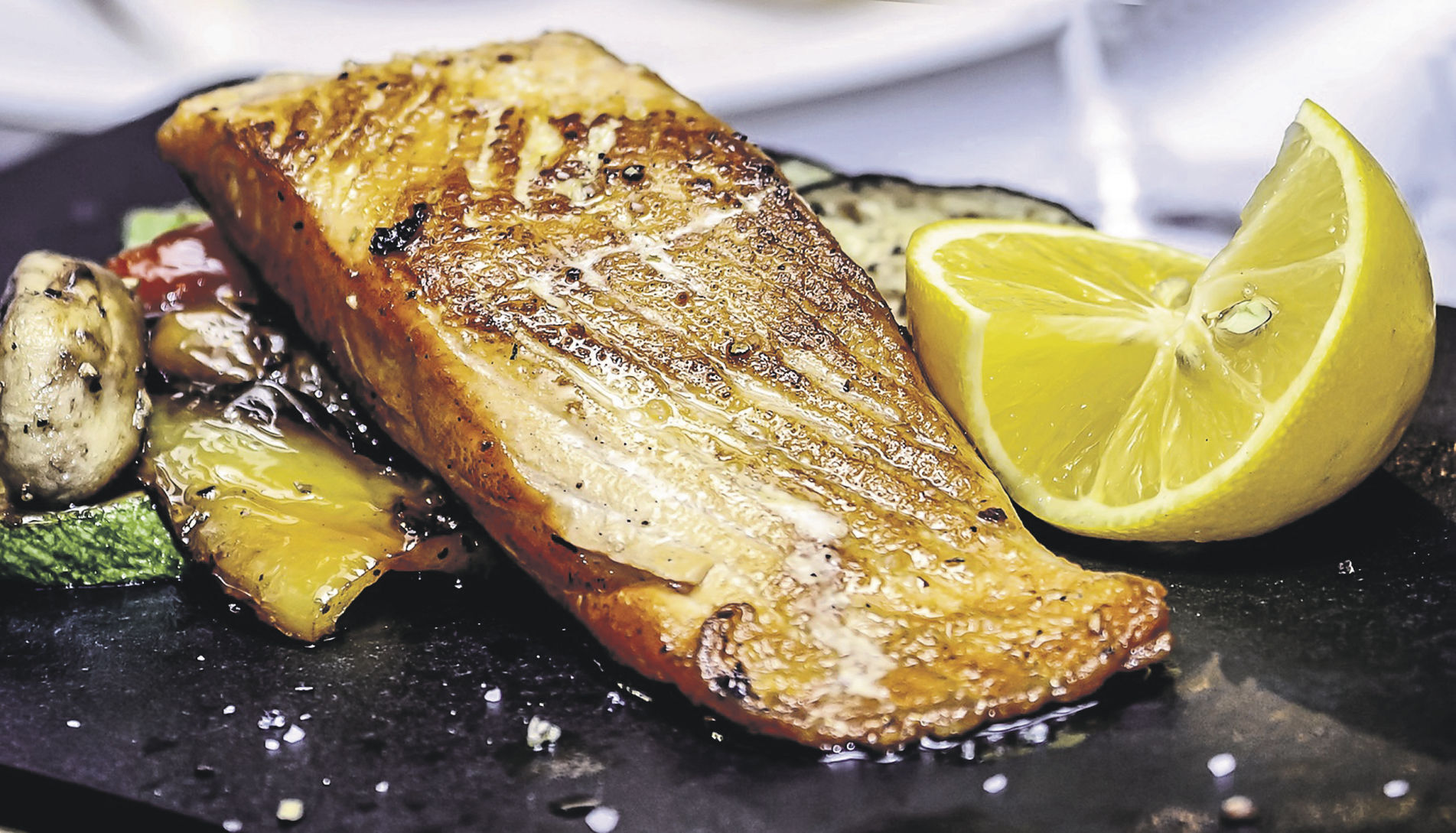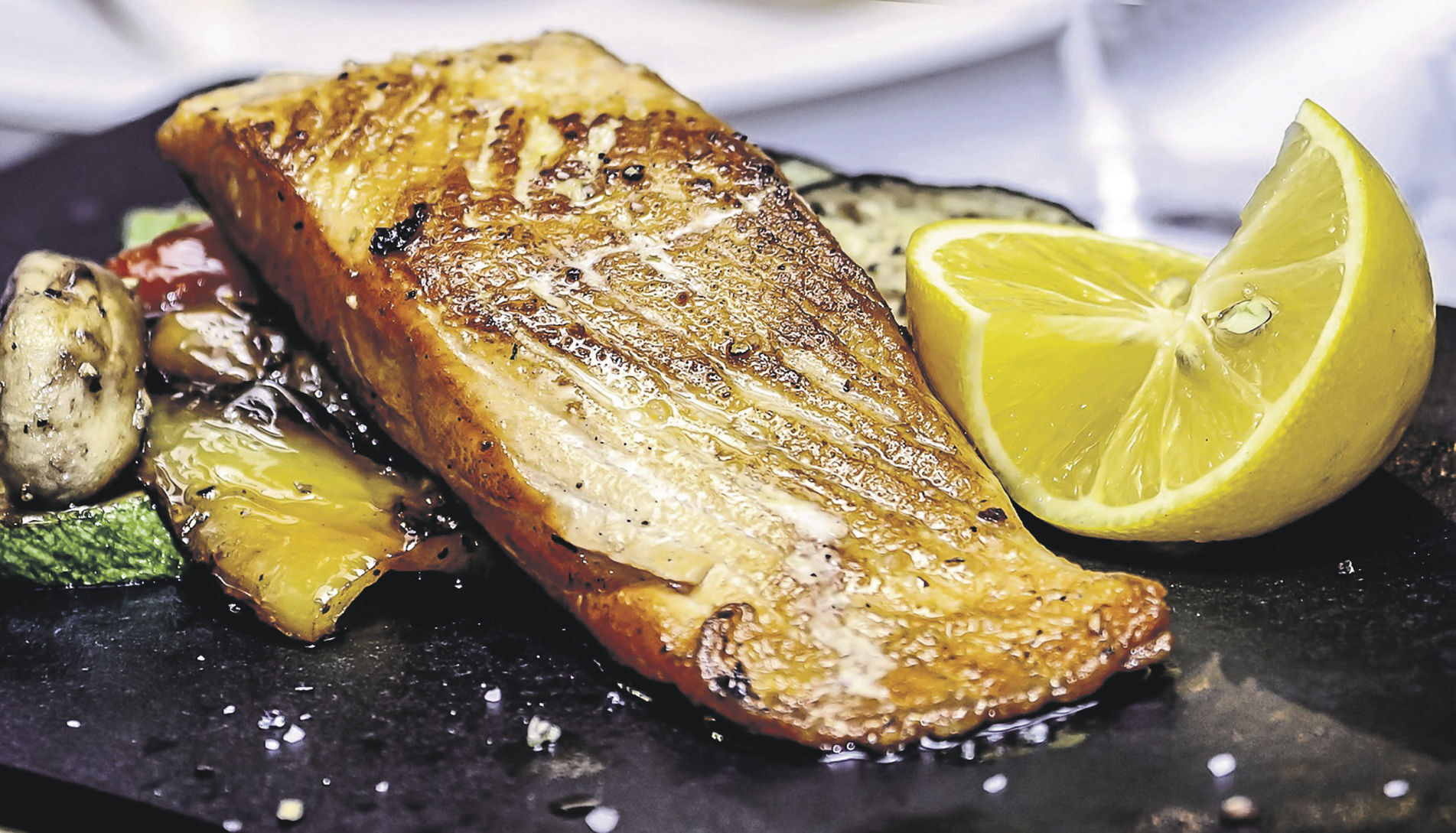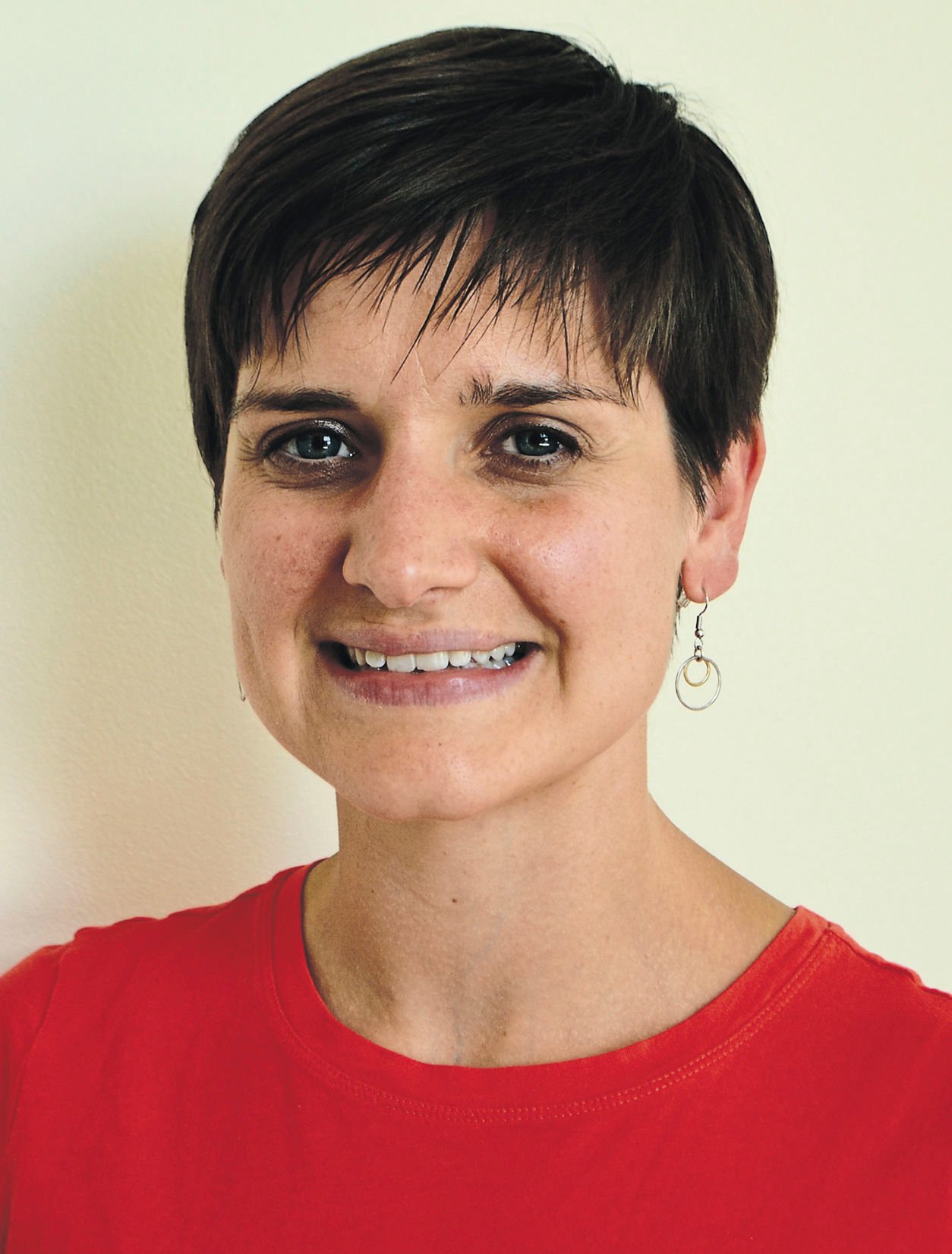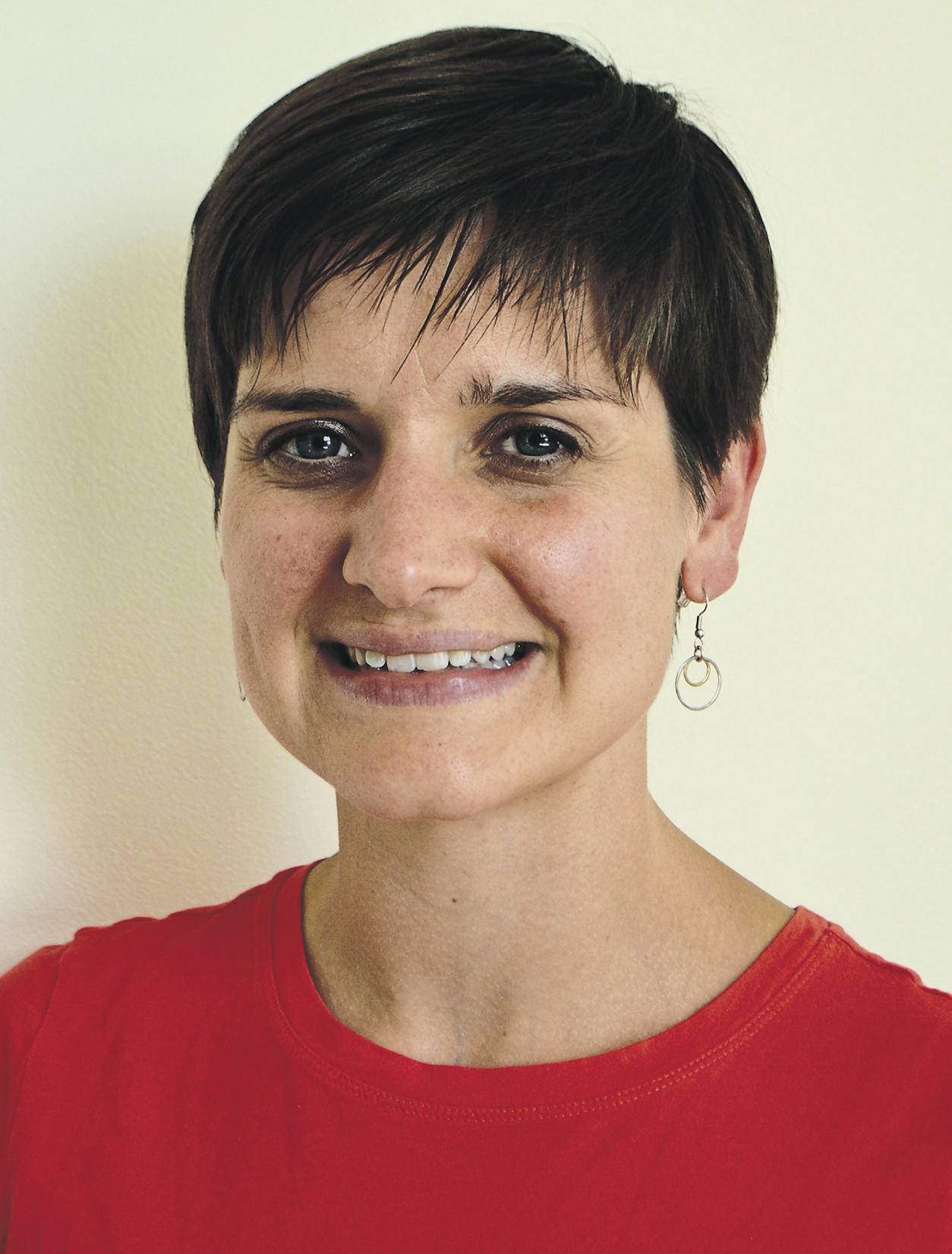Diets always have been associated with weight loss. But as we learn more about the complex systems within our bodies and how food works with those systems, diets have become more than a way to shed some pounds.
We now know that the way we eat has a lot to do with how long we live and with how our body’s immune system battles disease and infection. So rather than following a fad diet that might offer quick weight loss but few long-term benefits, dietitians and nutritionists recommend that you look for lifestyle changes in how you eat and follow a diet that fits your needs.
“Diets are great for individualization,” said Kristie Jacobsen, regional manager for clinical nutrition and wellness for the Trinity Health System, which includes MercyOne Dubuque Medical Center. “Each person has their own unique health goals, along with their own relationship with food. This matters when picking a diet or lifestyle.”
Miriam Troutner, a dietitian with UnityPoint Health-Finley Hospital in Dubuque, agreed that diets should be “custom-built” with the help of a health professional.
“All diets should be individualized,” she said. “Seek a registered dietitian or consult with your doctor before making any drastic changes to your diet.”
We asked Jacobsen and Troutner for the highlights of some of the diets we often hear about on social media or in the news — how they work, the pros and the cons and the health benefits.
In addition to these plans, Jacobsen said there is a growing concept called HAES that she likes a lot.
“HAES is Health at Every Size, and it’s a movement that doesn’t concentrate on weight loss as much as just a healthy lifestyle,” she said. “Certain diets can trigger some really unhealthy eating habits that can take over your life. This concept stresses healthy habits for anyone, even someone who is 30 pounds overweight. It can be great for someone who’s looking for a healthy overall lifestyle and not just looking at food.”
Whatever diet or lifestyle plan you choose, be sure to do it with the guidance of a physician or dietitian who can work with you to achieve you goals.
Ketogenic
High fat, low carbohydrate diet that forces the body to burn fat, rather than carbs.
• Low carbs, adequate protein, high fat.
• Has been proven to be effective for some people with epilepsy and other seizure disorders.
• Puts the body in a ketosis state by moving to the fat stores for energy.
• Offers quick weight loss, but once you go off this diet, most people will gain back what they’ve lost.
• Not recommended for anyone with heart issues or risk factors for heart disease because of the high saturated fats.
Advice
“Our bodies prefer to burn energy with carbohydrates rather than fat,” Troutner said. “But when you follow this diet, you’re purposely not giving your body carbs, so it burns fat.”
“A low-carb diet is low in nutrients and fiber if your intake of fruits and grains are low,” Jacobsen said. “And it could be high in cholesterol and saturated fats if intakes of meat and fat are high. Diets and are love in nutrients and fiber and high in fat and cholesterol may increase the risk of heart disease.”
Intermittent fasting
Fasting and non-fasting during a given period, which could include alternate days or daily time restrictions.
• Because of the time between meals, this diet is not recommended for diabetics, children, pregnant women, anyone with eating disorders or those with chronic illnesses or diseases.
• Can reduce the number of overall calories consumed and lead to weight loss without altering metabolism.
• Some versions of intermittent fasting restrict calories, but overall you should be able to eat what you want.
• Could lead to binge-eating behavior on non-fasting days, and could be difficult to follow long term.
Advice
“This diet is best for people who don’t have health issues who would like to lose a few pounds,” Troutner said.
Paleo
• Rich in nutrient-dense foods like vegetables (fiber, vitamins and minerals), fruits (sweet treat packed with phytochemicals, which can be a defense against some pathogens), nuts (fats) and seafood (omega-3 fatty acids).
• Has been linked to longevity and might promote heart health.
• There is some emerging research that the diet might have benefits for patients with multiple sclerosis.
• It eliminates entire food groups, which could have an impact on your health.
Advice
“When you think of what cavemen had available to eat, it was meat, seafood, vegetables and nuts,” Jacobsen said. “That’s the paleo diet. It’s nutrient dense — lots of fruit and vegetables. You are eliminating dairy and grains.”
“The theory is that it’s the way our ancestors ate, so it’s how we should be eating,” Troutner said. “It’s the natural way we should be eating. But it can be difficult to maintain because of the restrictions of the diet.”
Flexitarian
A semi-vegetarian diet that encourages eating plant-based foods but doesn’t restrict the occasional inclusion of meat.
• No clear-cut rules or recommended number of calories.
• East mostly fruits, vegetables, legumes and whole grains.
• Incorporate meat and animal products from time to time.
• A popular choice for people looking to eat more nutritious plant-based foods and less meat.
• Might not be the best choice for someone who needs a bit more structure in their diet and prefers a set plan.
Advice
“For the most part, I try to eat like this,” Troutner said. “Having lots of plants in your diet never really goes wrong. But if you want to have a burger, go have a burger.”
“I love this approach,” Jacobsen said. “You flex it a little. You might go through stages where you don’t eat meat for a month, but then you may have some. And there’s not guilt that you’ve gone off a diet or eaten something you’re not supposed to.”
DASH
The DASH Diet — Dietary Approach to Stop Hypertension — is not a weight loss diet, but rather a program to reduce blood pressure. It can, however, help those who want to lose weight, lower cholesterol and manage or prevent diabetes.
• Low salt diet. By limiting salt, you are limiting quantities of food.
• The diet also encourages people to increase their intake of magnesium, calcium and potassium.
• Encourages more fruits and vegetables, low or nonfat dairy foods, beans and nuts.
Advice
“There 200 milligrams of sodium in a cup of milk or a slice of whole wheat bread. There’s 400 milligrams in a slice of cheese,” Jacobsen said. “Americans consume more than 4,000 milligrams of sodium a day. This diet brings it down to 1,500 to 2,000.”
MIND
• Vegetables, nuts, berries, beans, whole grains, fish, poultry, olive oil and one glass of red wine a day.
• Easy diet to follow. Let’s you make healthy eating choices without a lot of rules and choose exercise based on your abilities and what you’re able to do.
Advice
“The MIND diet is a combination of DASH eating and the Mediterranean-style eating,” Troutner said. “It’s very focused on fruits, vegetables, whole grains and low-fat dairy products. It’s not as restrictive as some diets, and it has been shown to be helpful with improving cognition and slowing it down.”
“What you’re limiting on this diet are processed foods, things with saturated fats, fried foods and pastries that have a lot of butter,” Jacobsen said. “Saturated fat is the kind of fat that sticks to the arteries — that’s what can build up and cause heart attacks.”
Which diets to avoid
Jacobsen and Troutner said to stay away from diets or diet products that do any of the following:
• Claim to help you lose weight very quickly. It takes time to lose weight in a healthy way.
• Promise that you will lose weight and keep it off without exercise.
• Limit your food choices or don’t offer you balanced nutrition.
• Focus on food combinations. There is no research that proves that eating certain food together accelerates weight loss.
• Requires you to spend a lot of money, especially in advance, for pills, prepackaged meals or required seminars.
The best place to start is with your physician, who can refer you to a licensed dietician or nutritionist.
Michelle London writes for the Telegraph Herald.


